Fieldwork
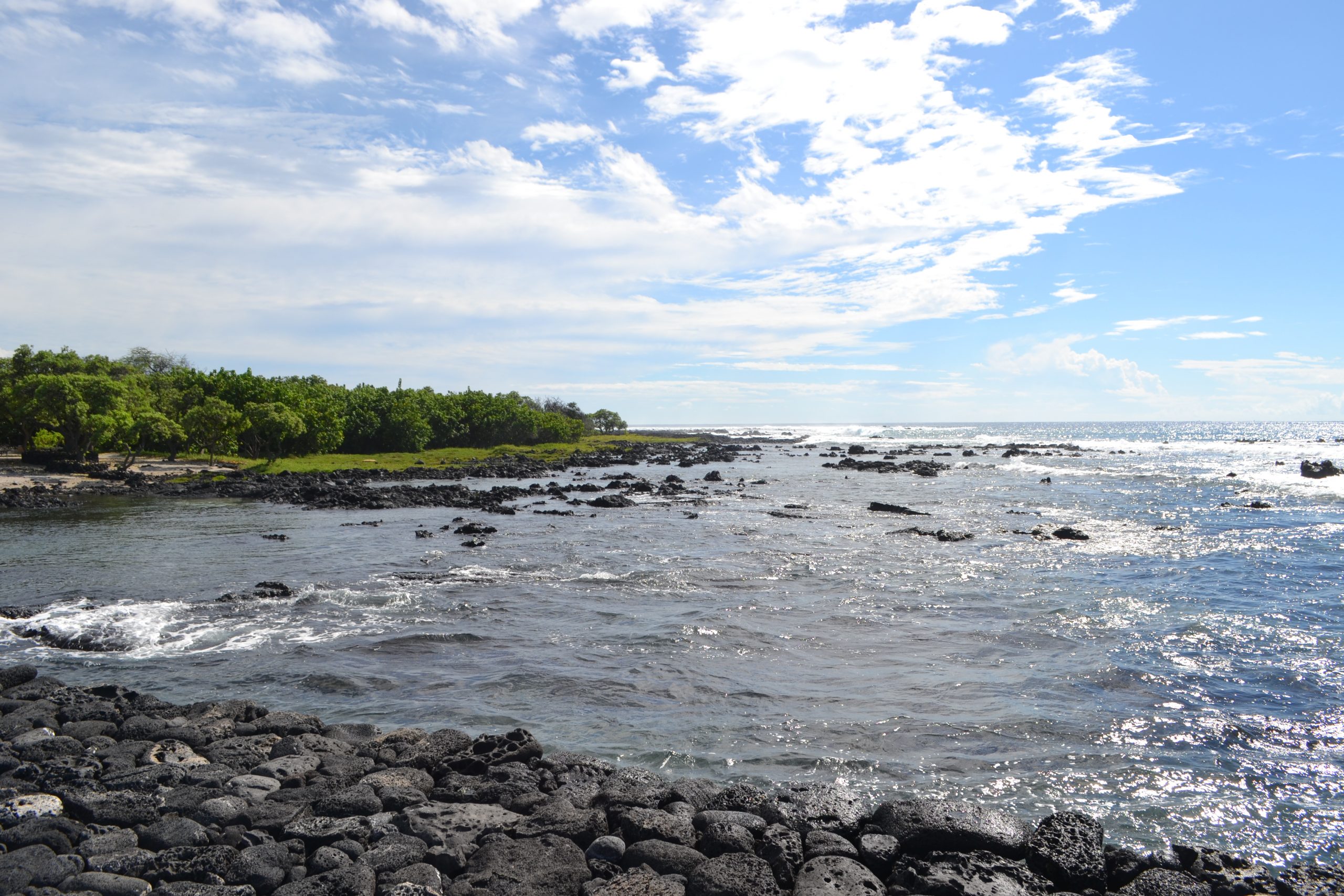
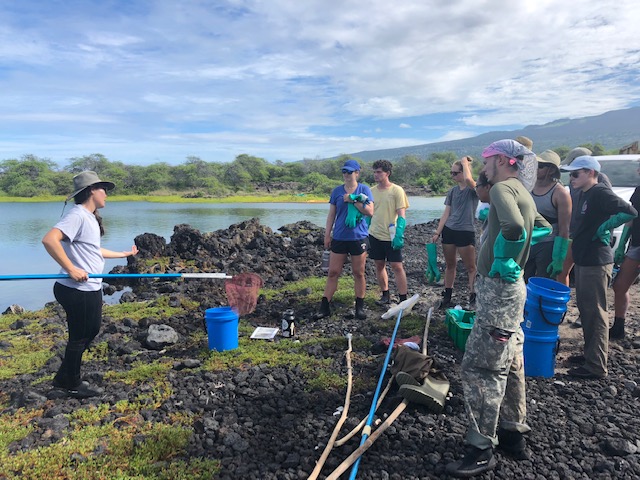
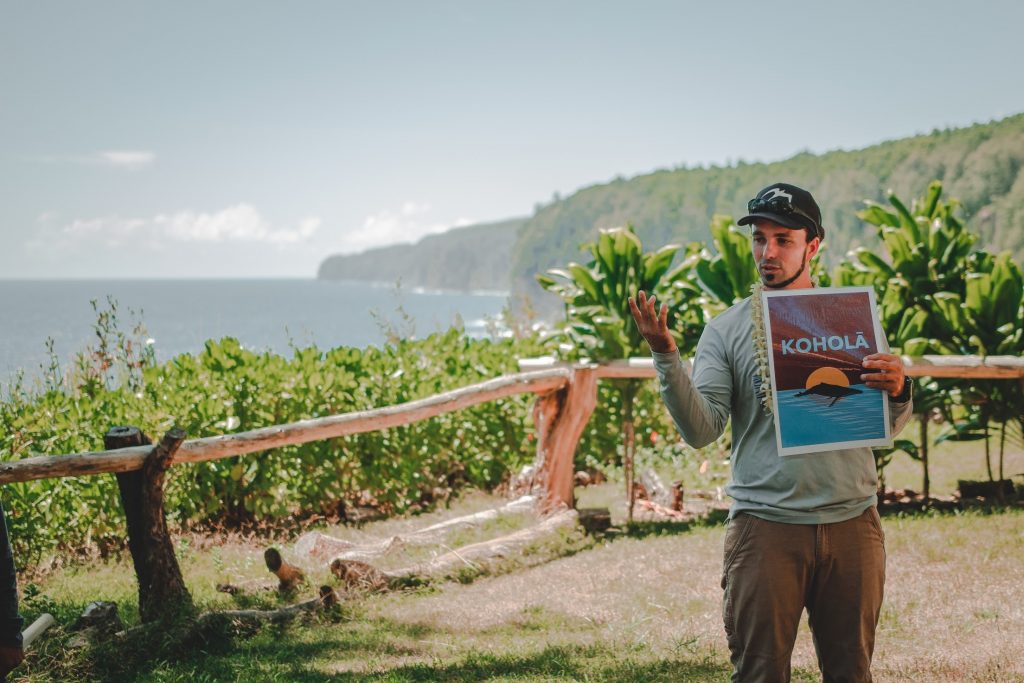


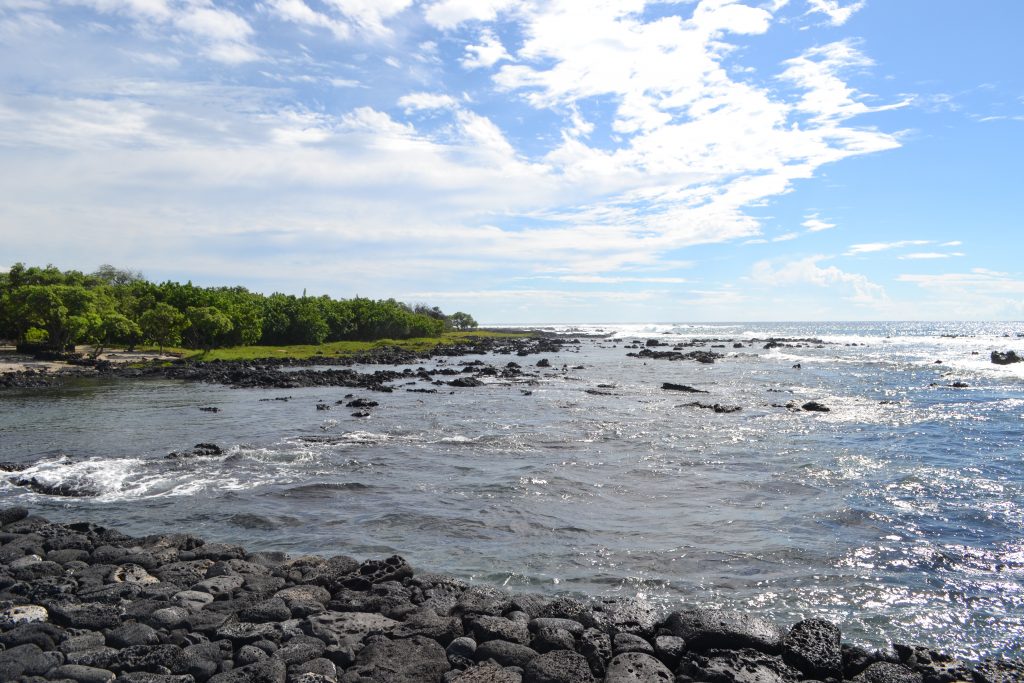
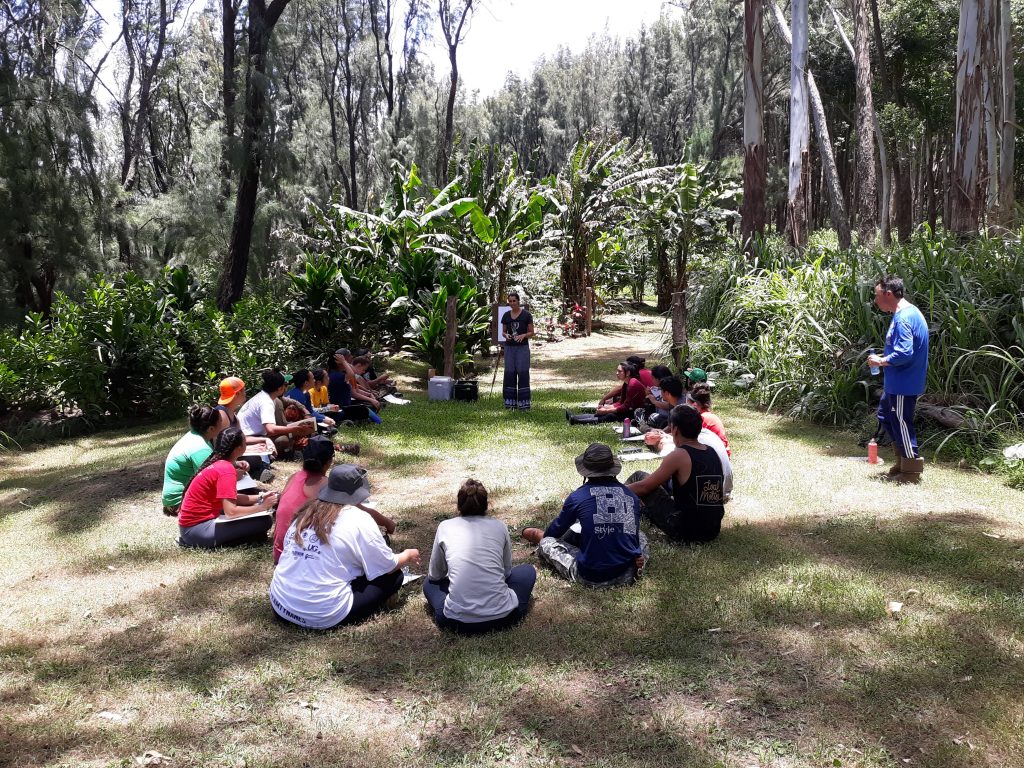
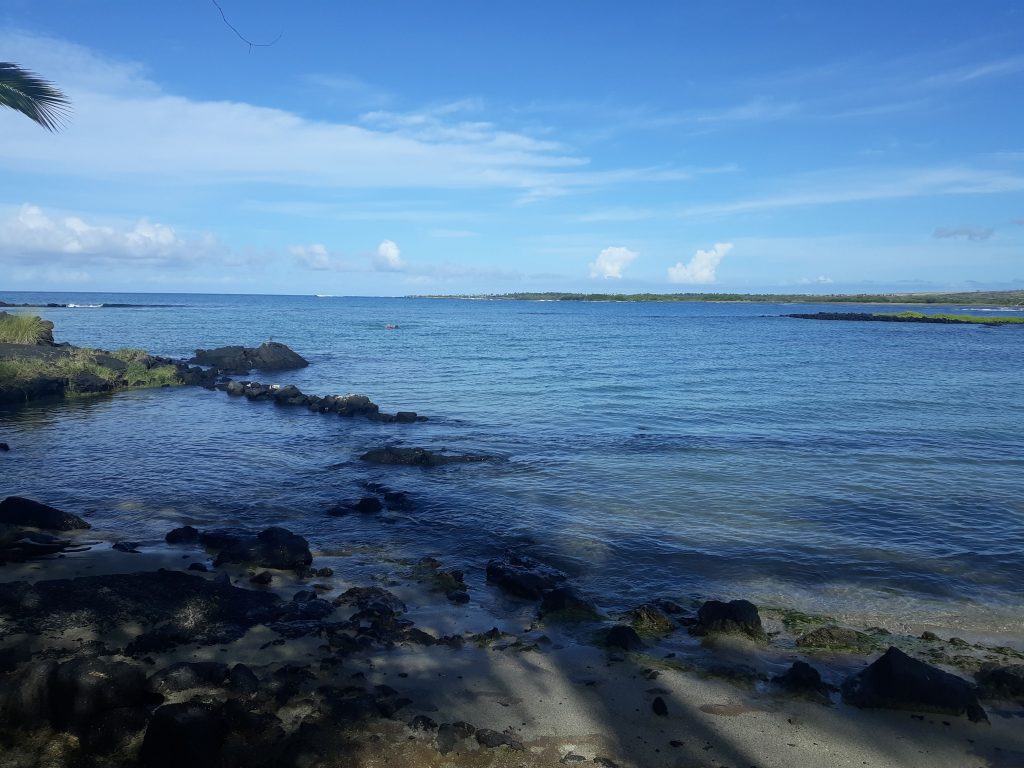
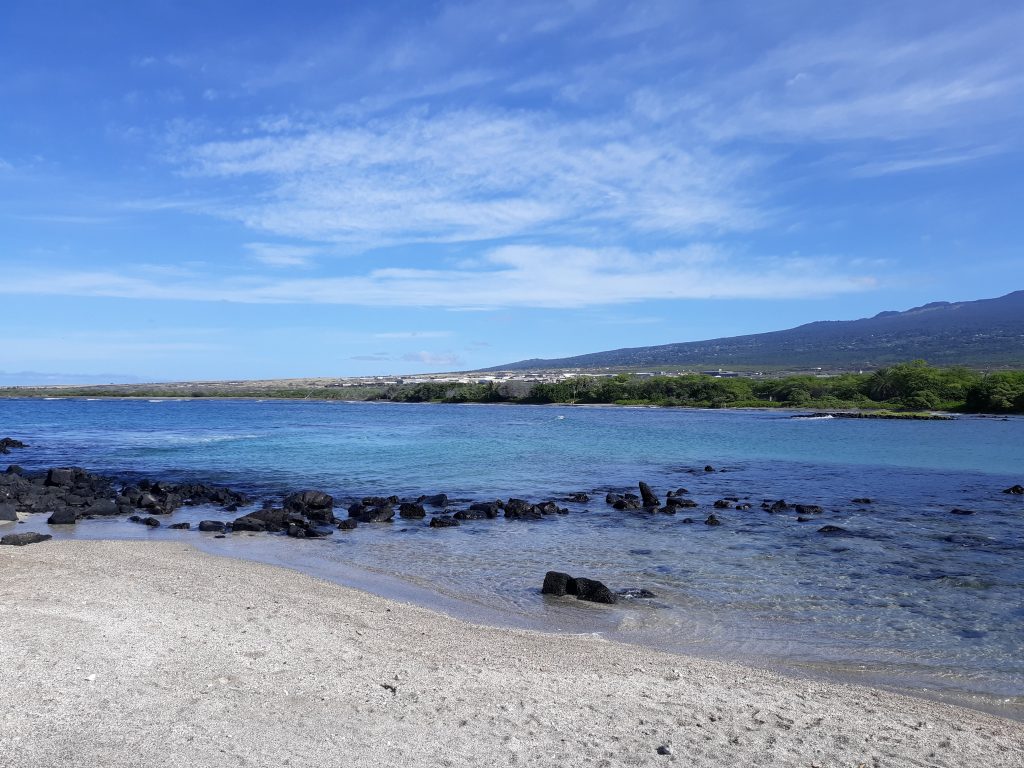
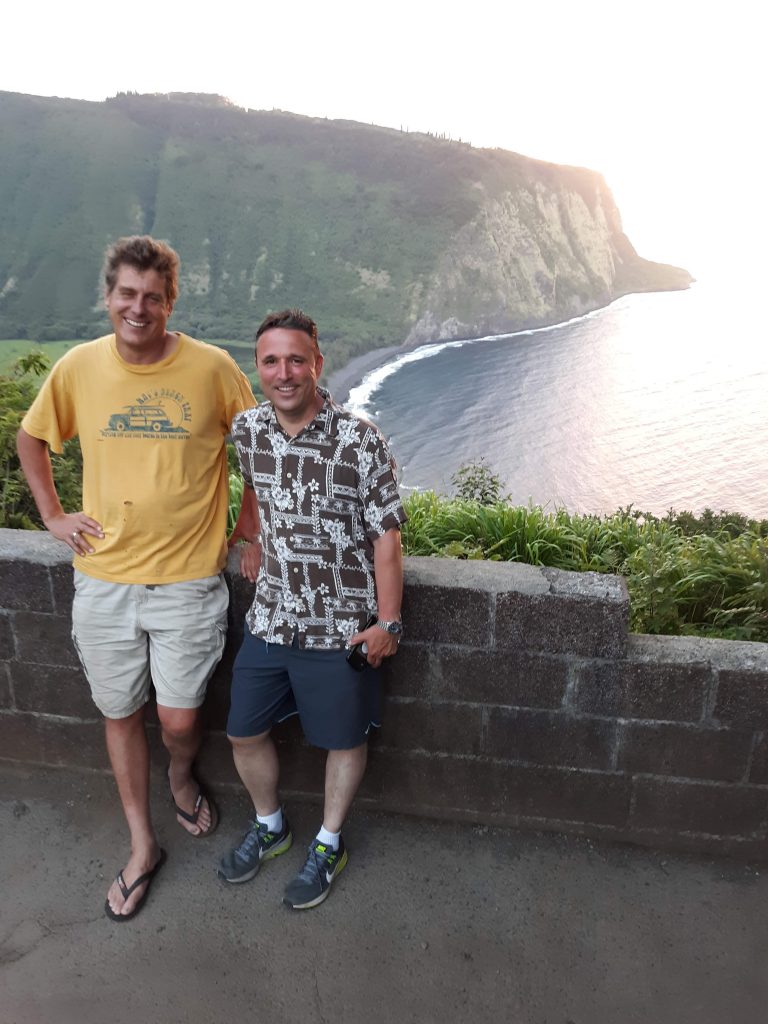
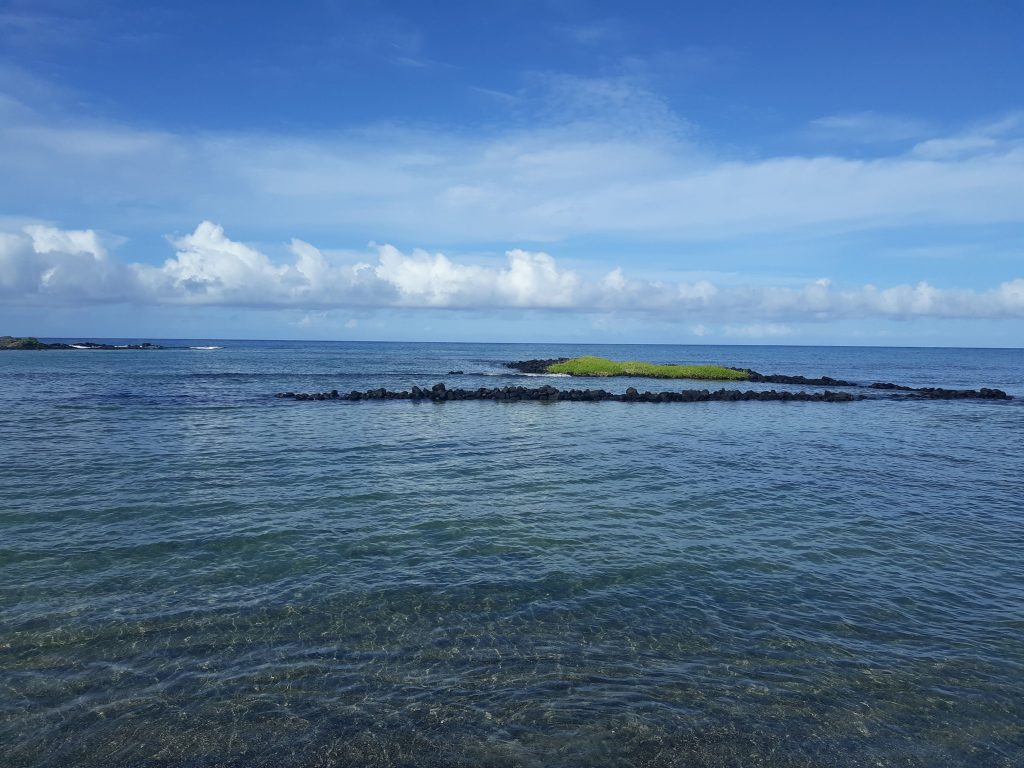
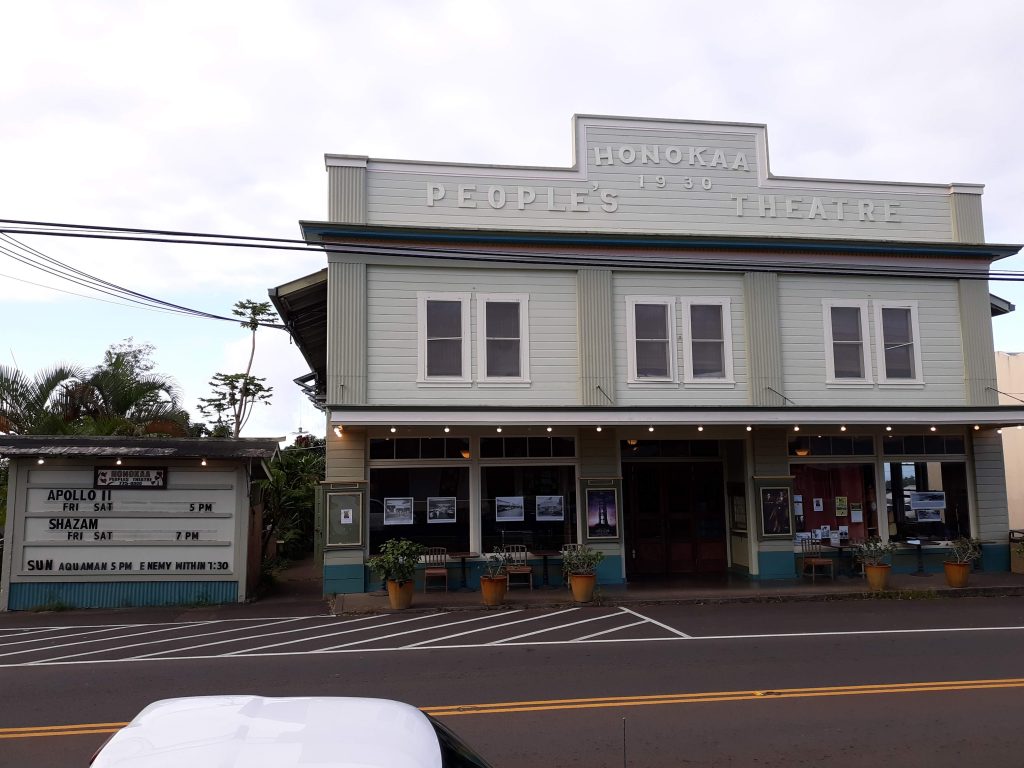
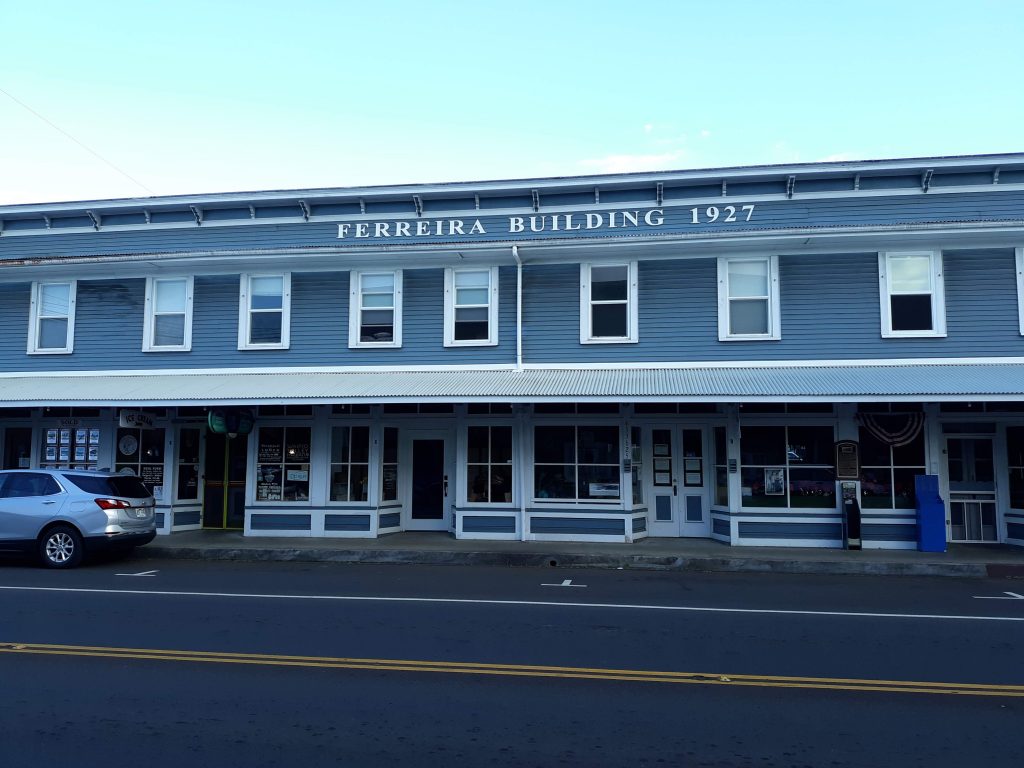
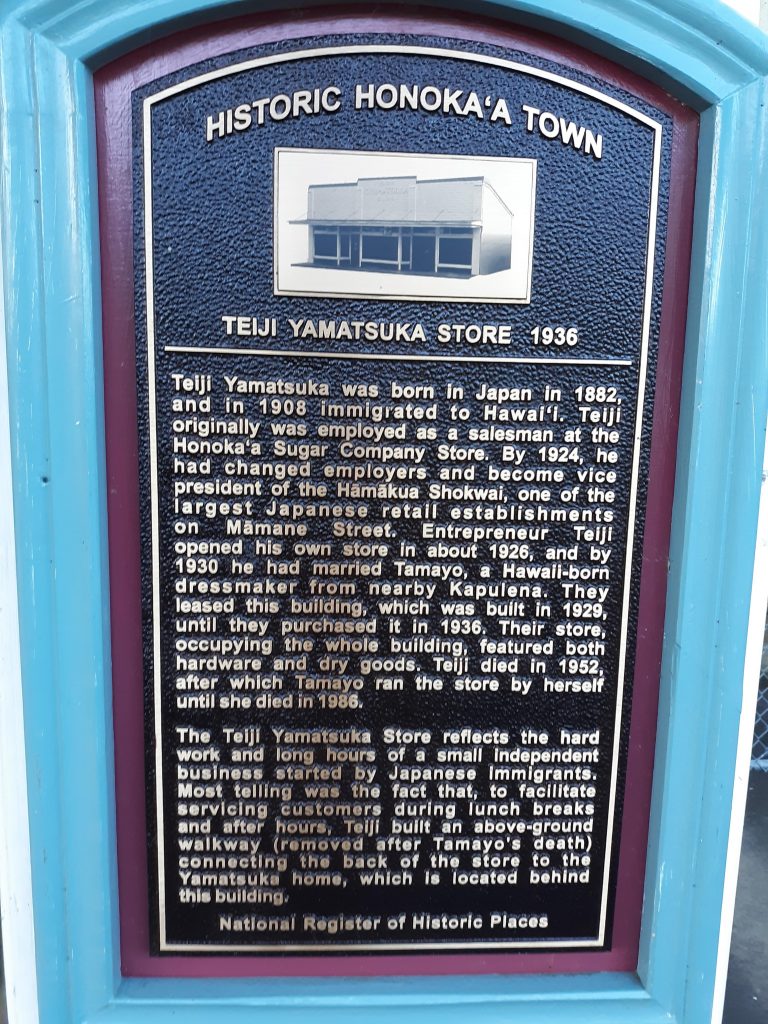
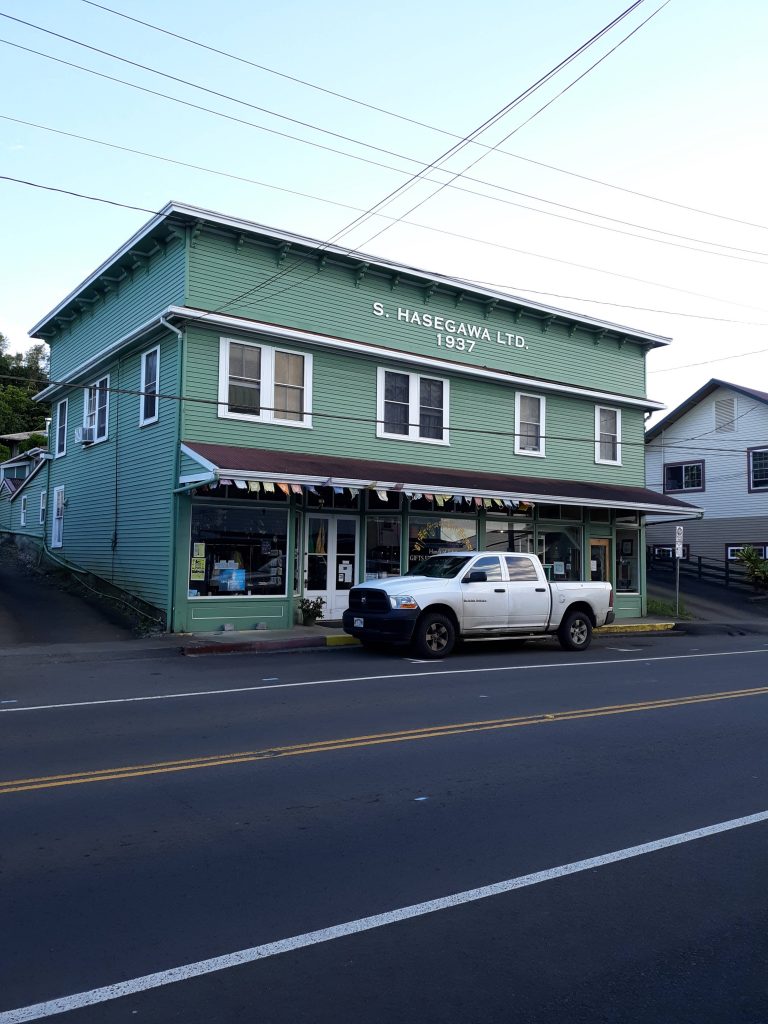
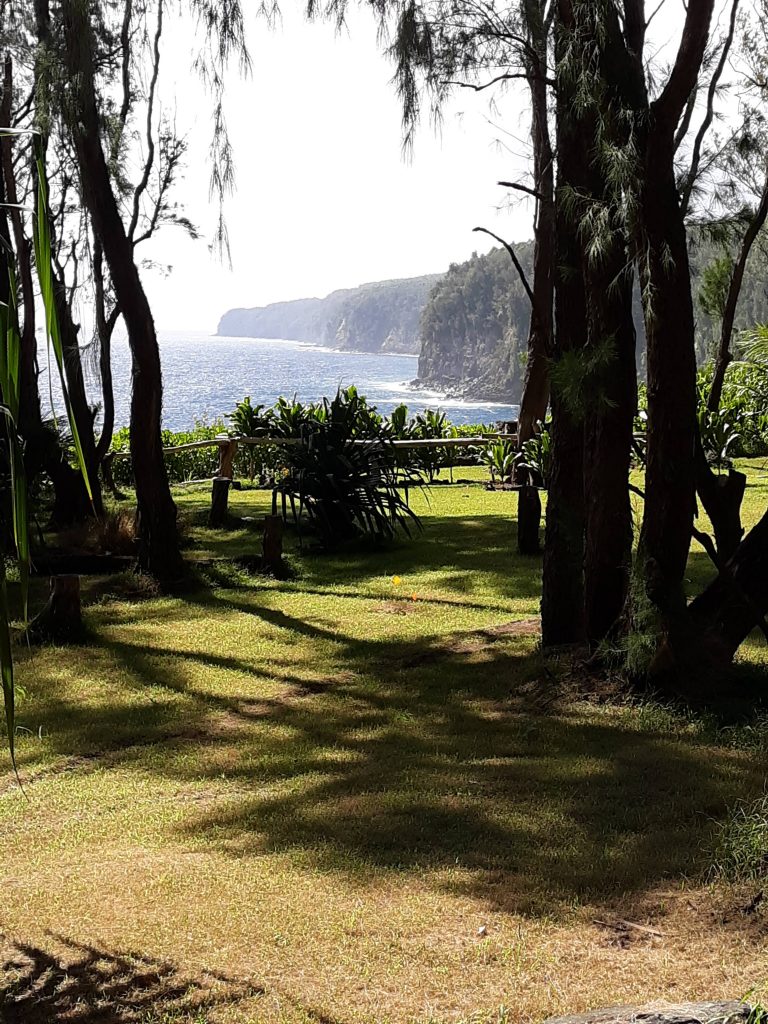
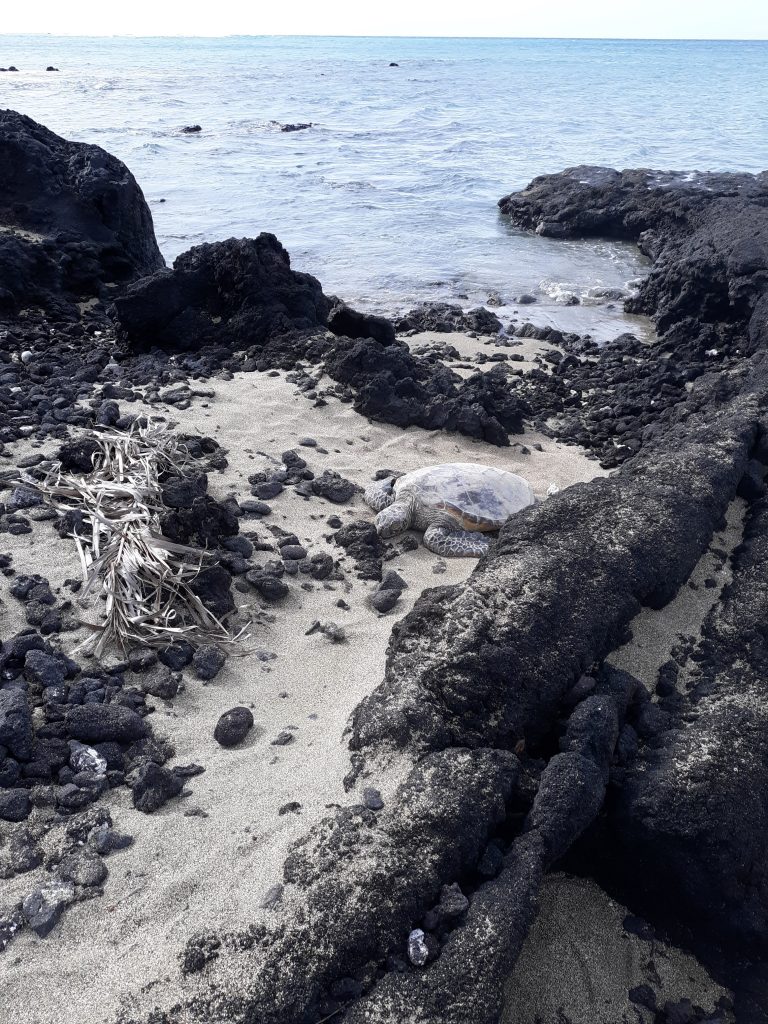
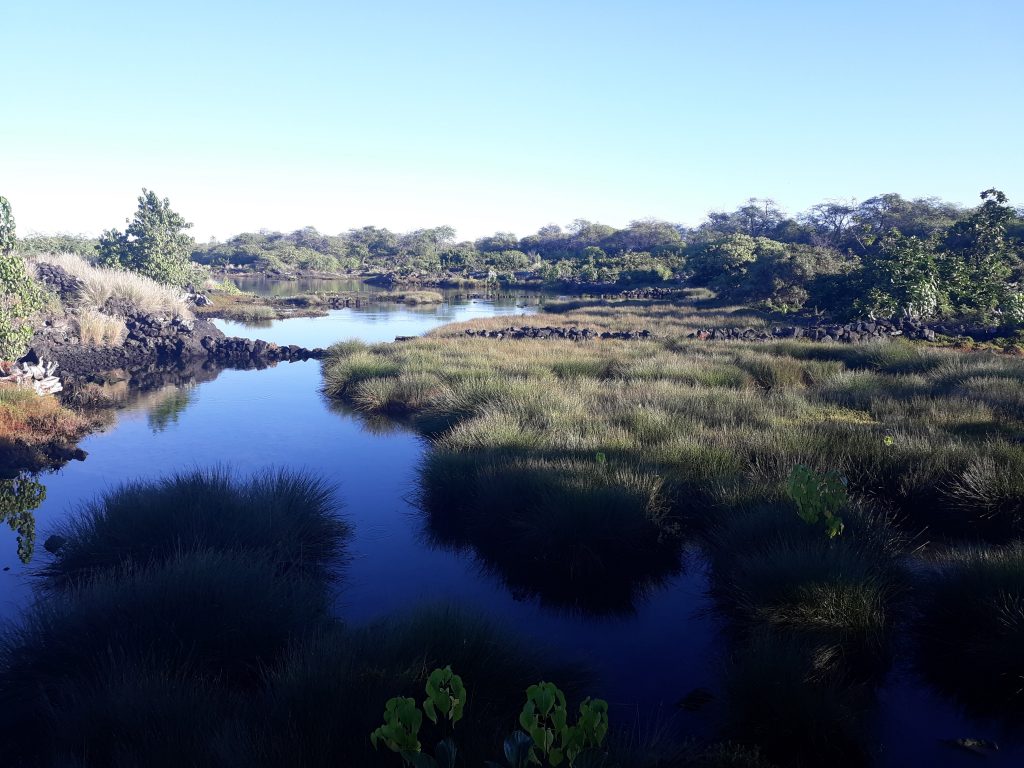
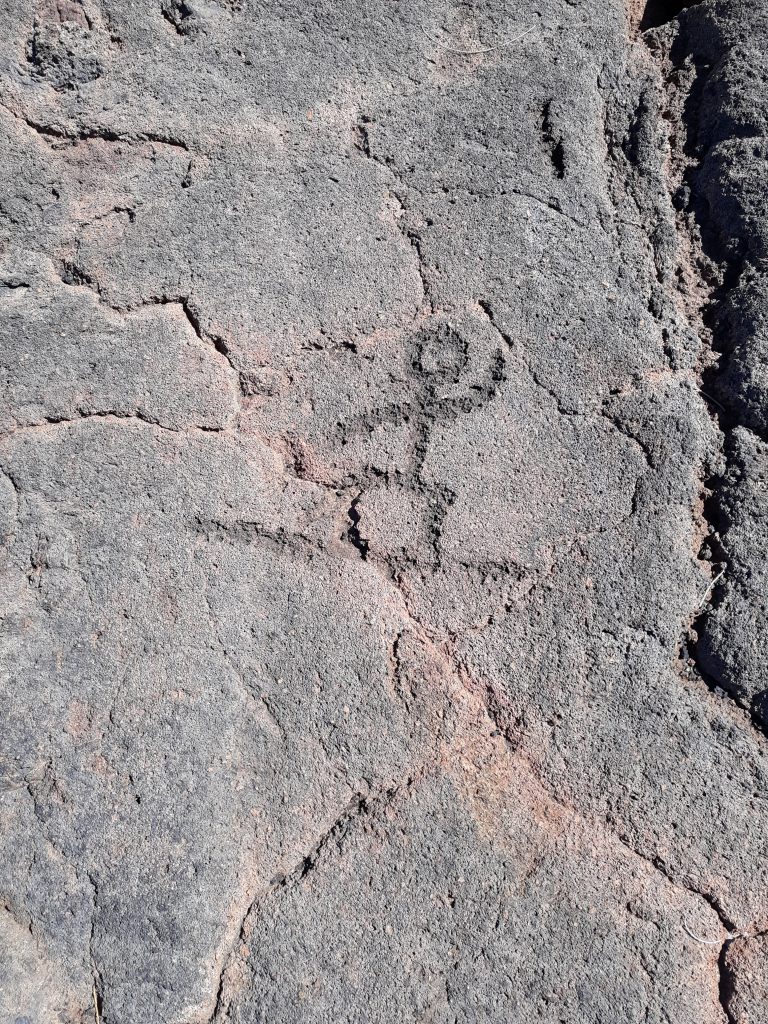
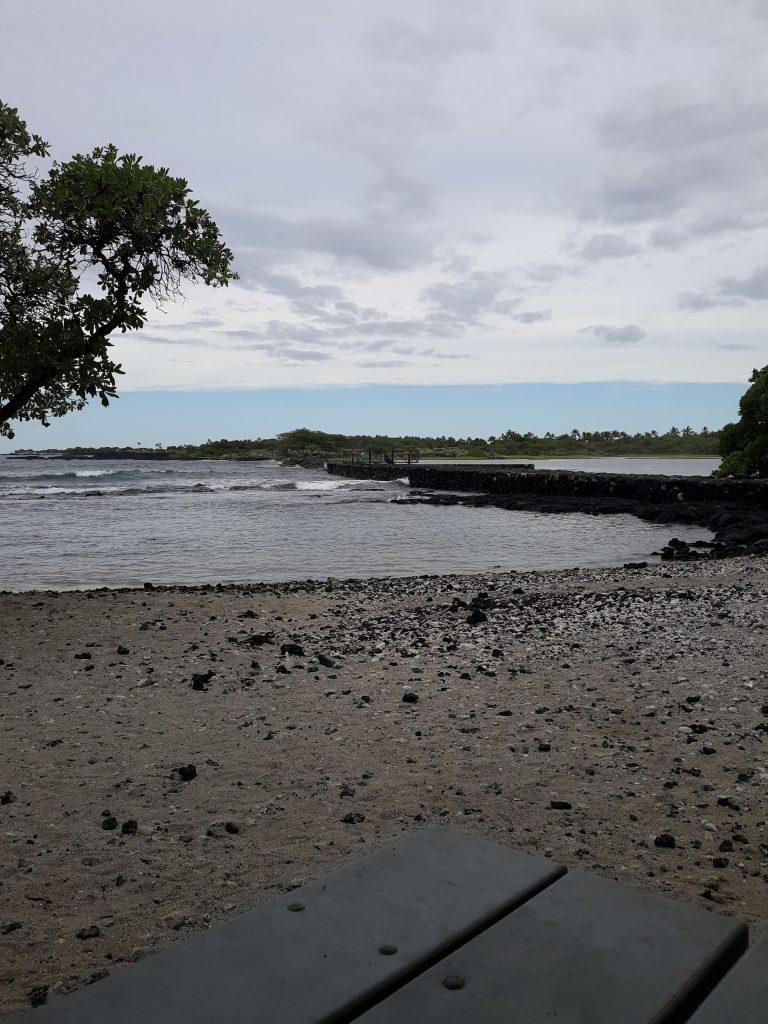
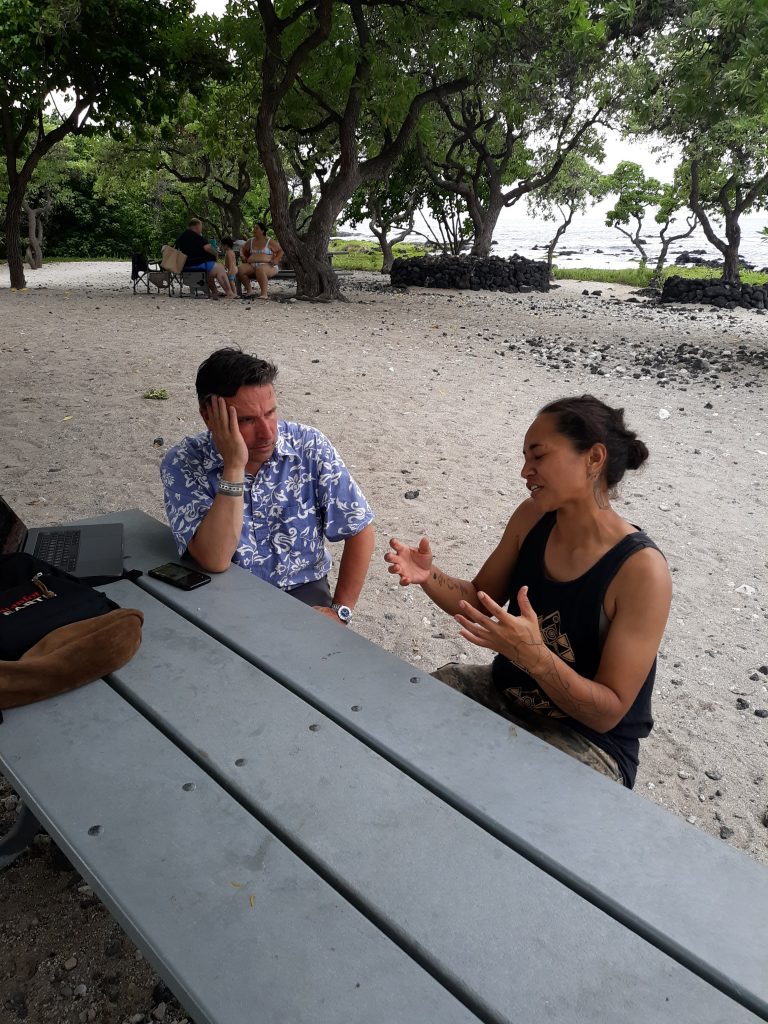
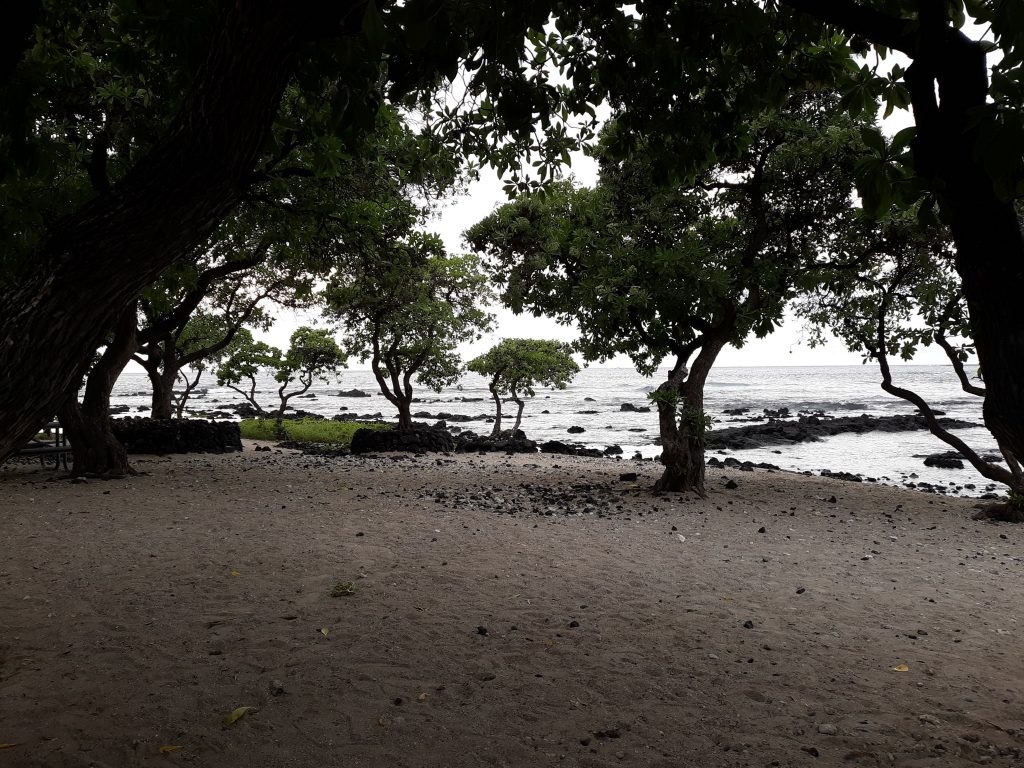
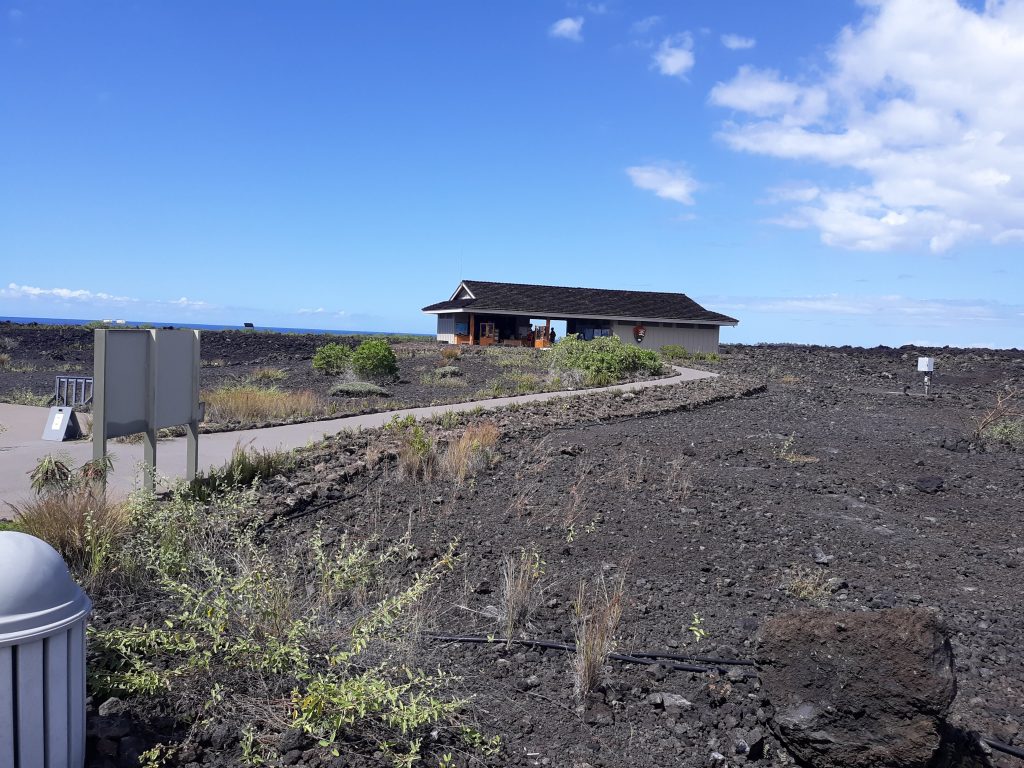
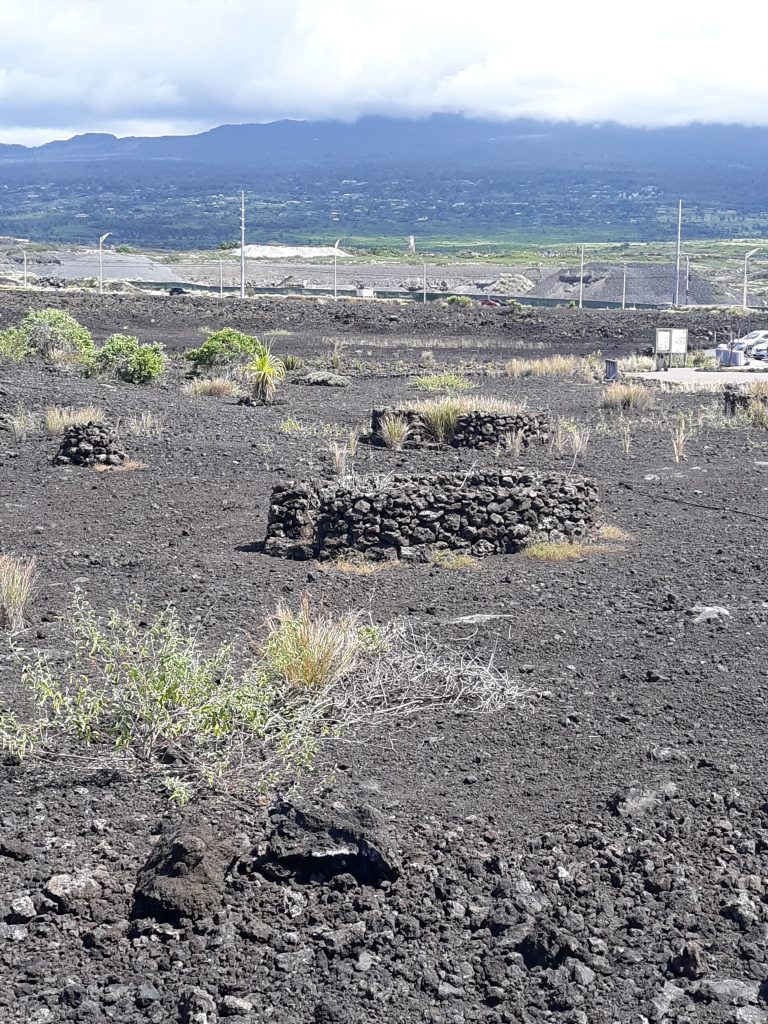
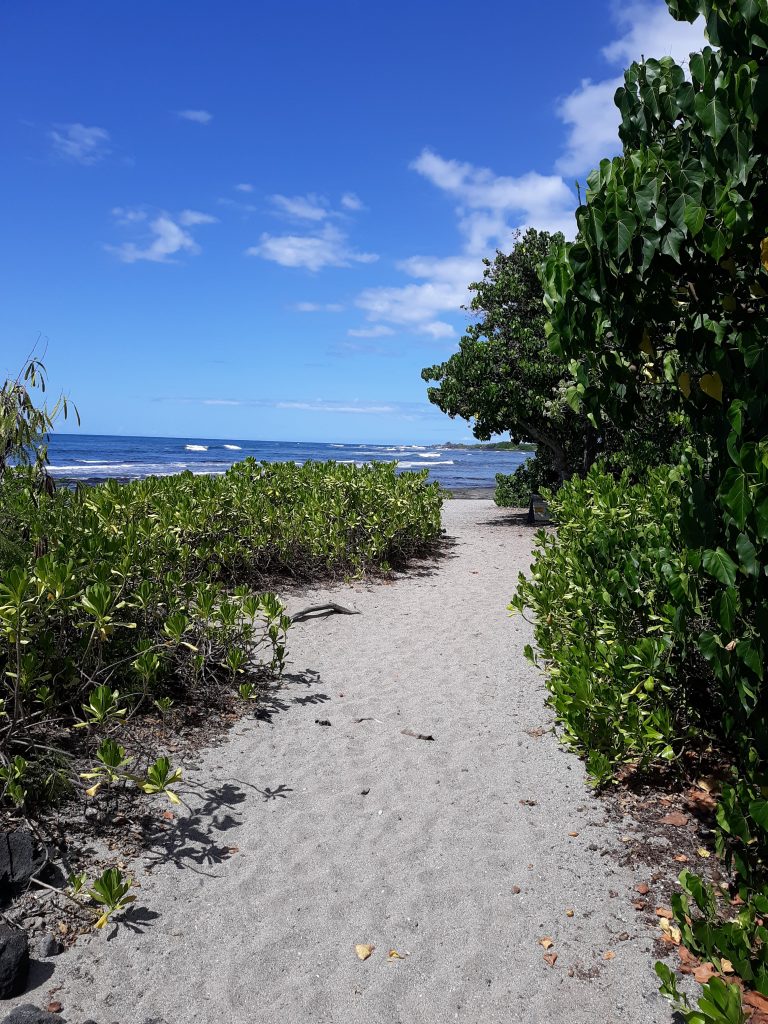
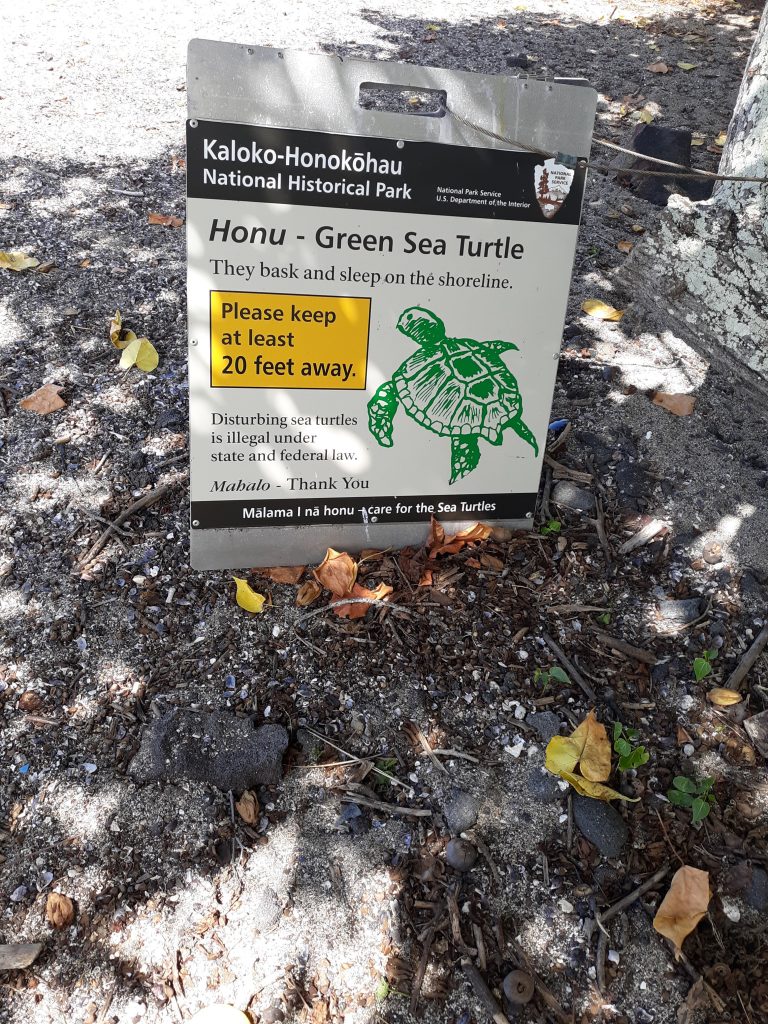
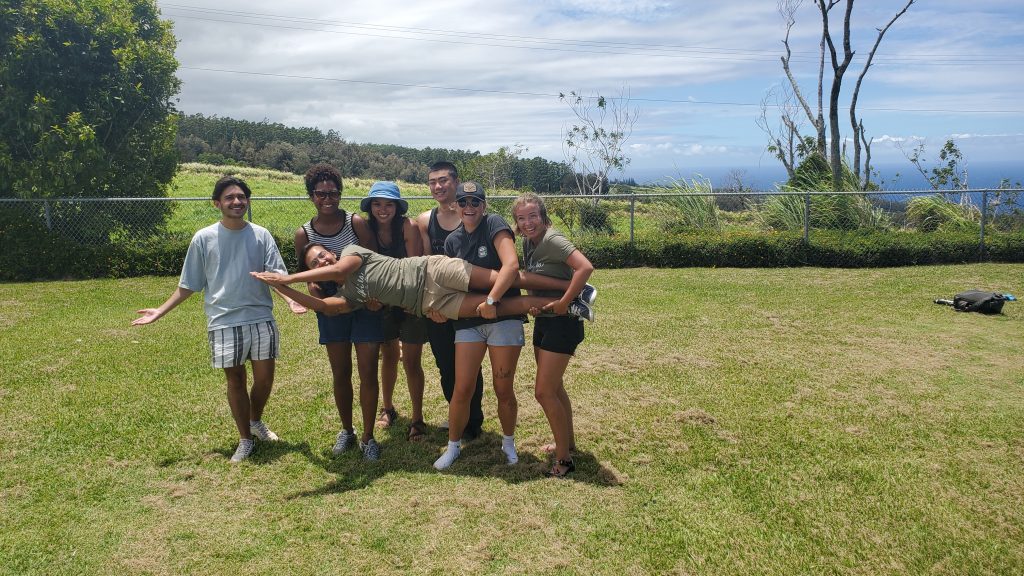
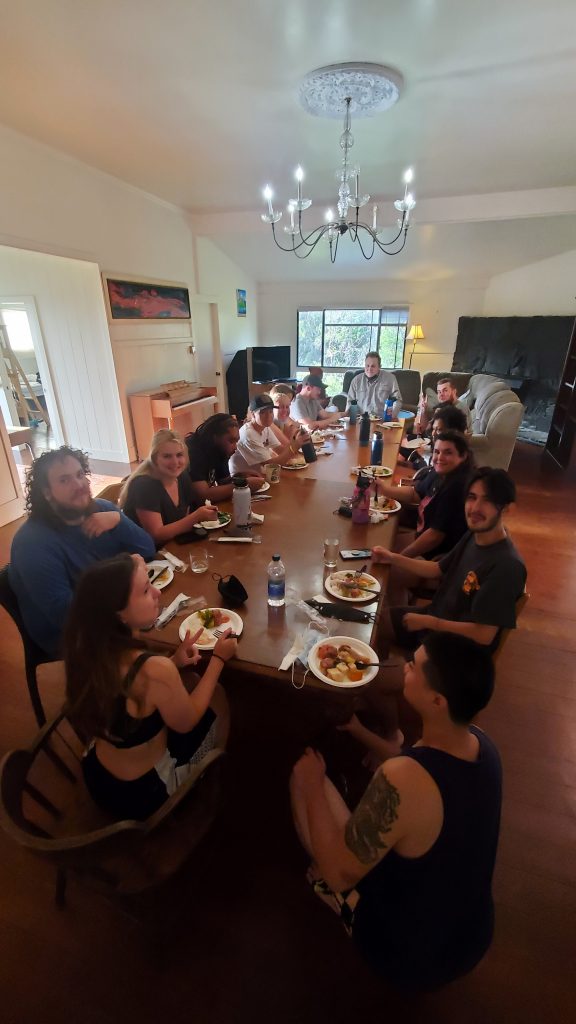
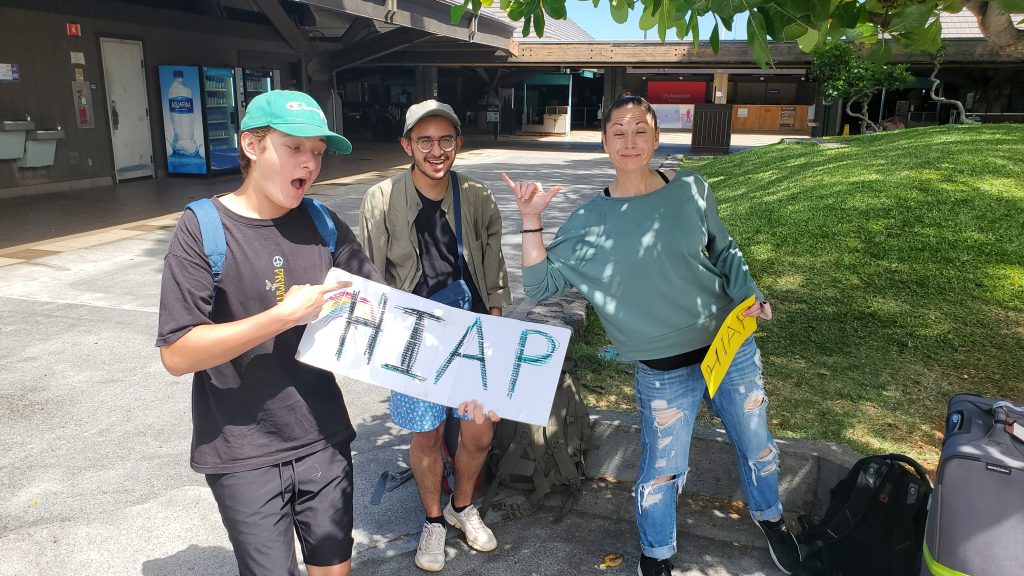
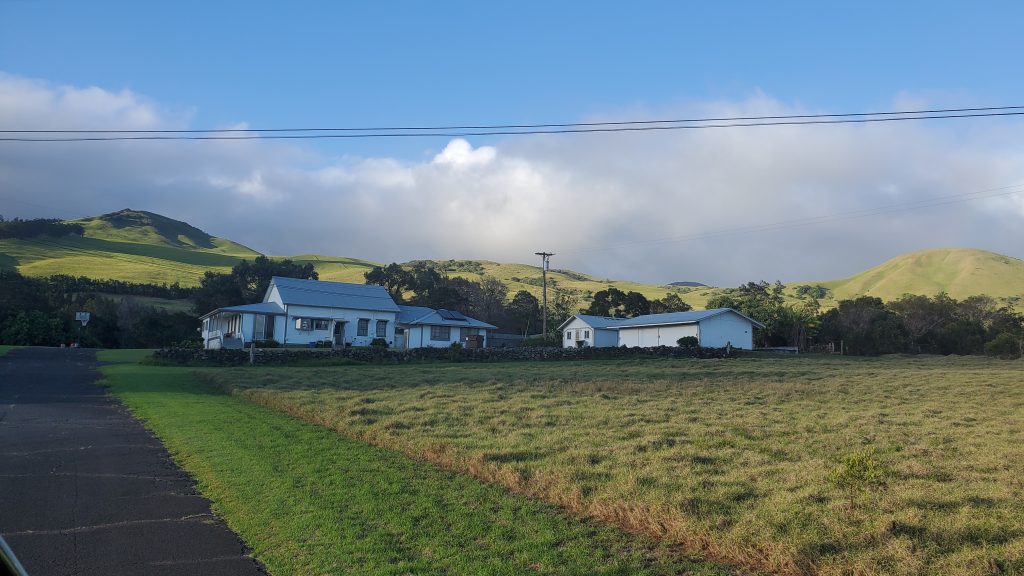
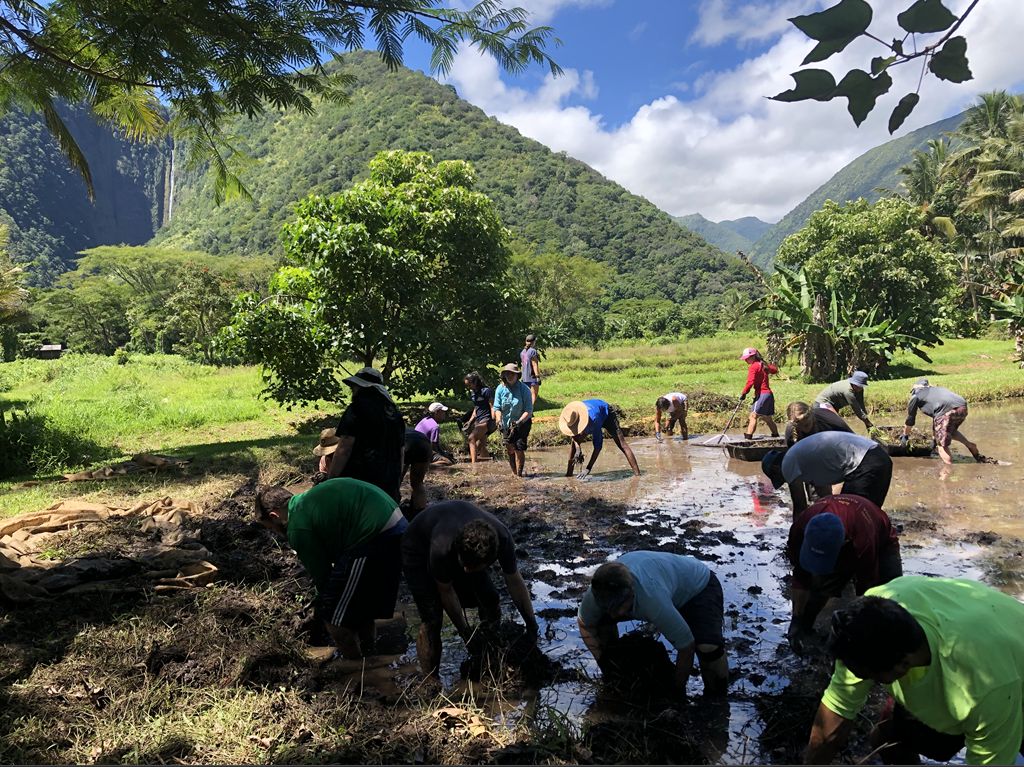
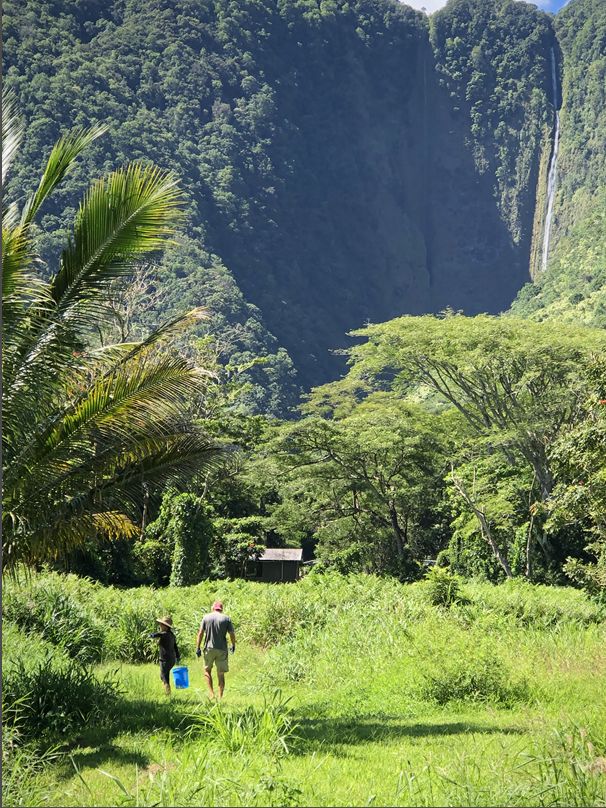
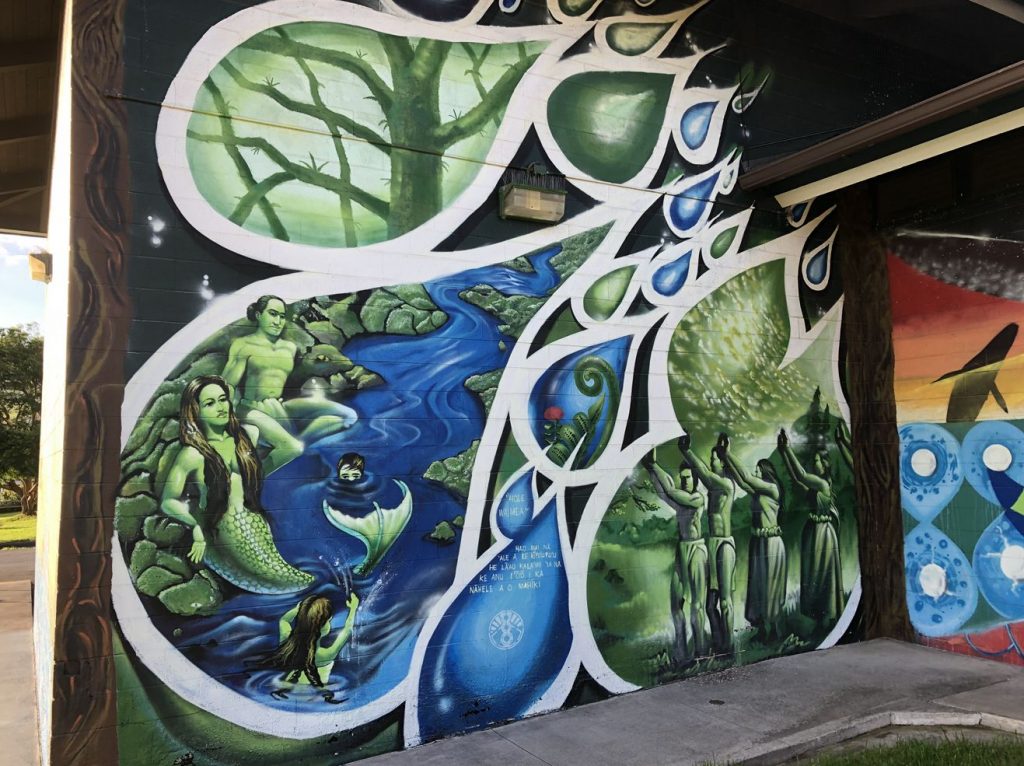
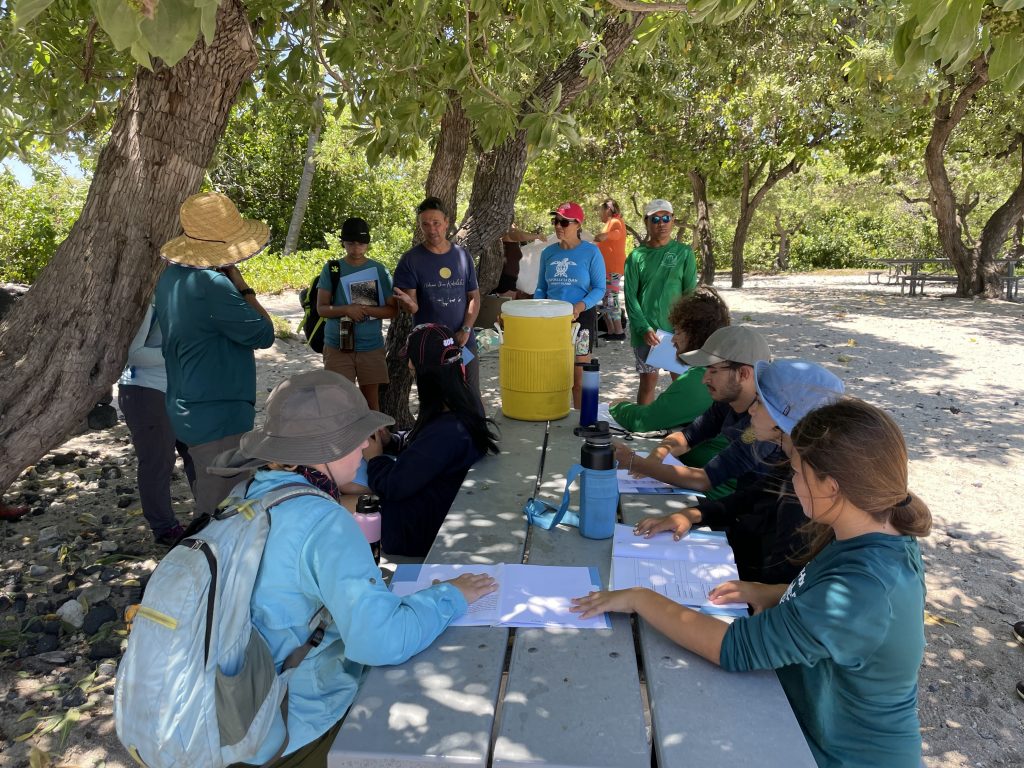
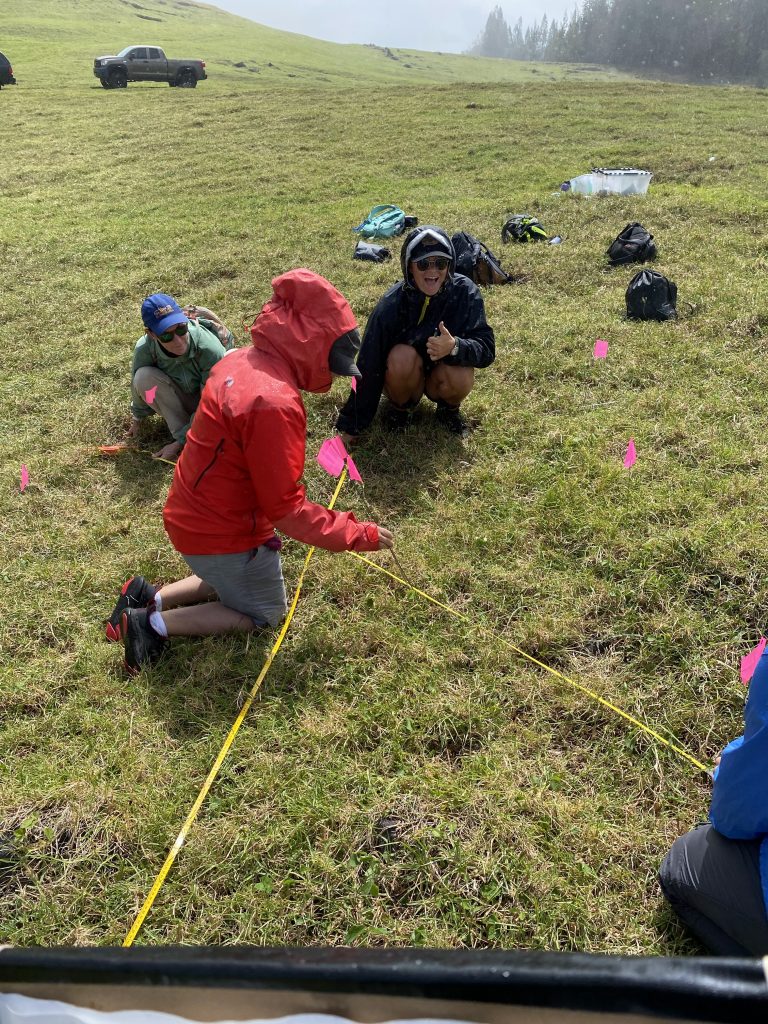
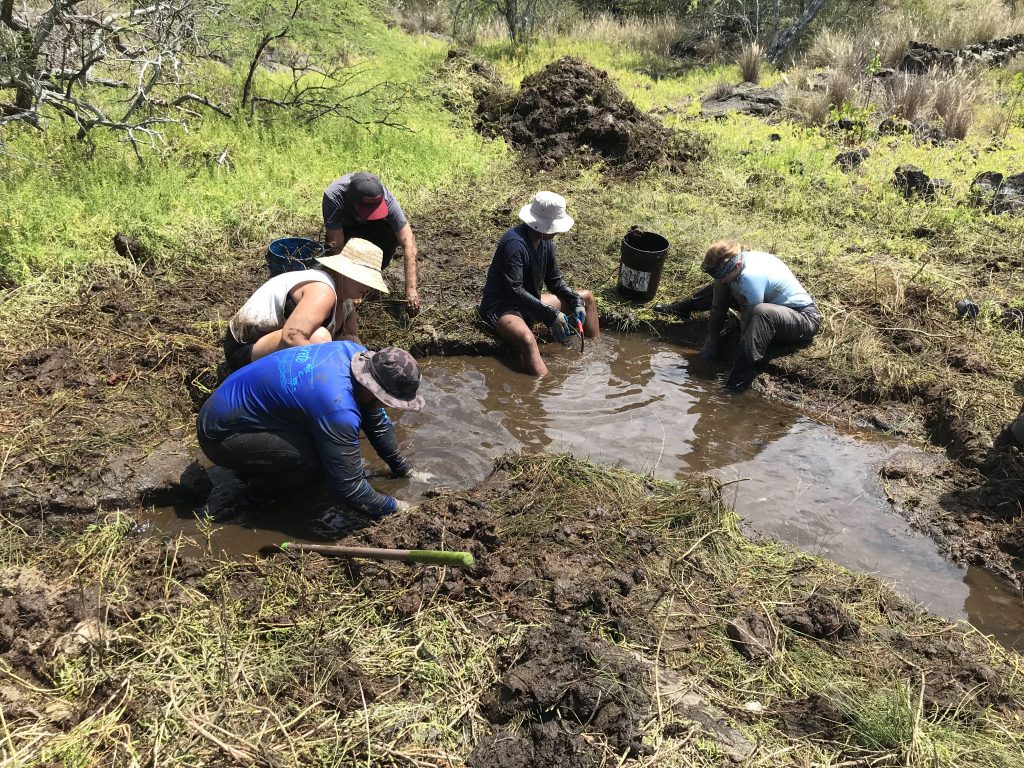
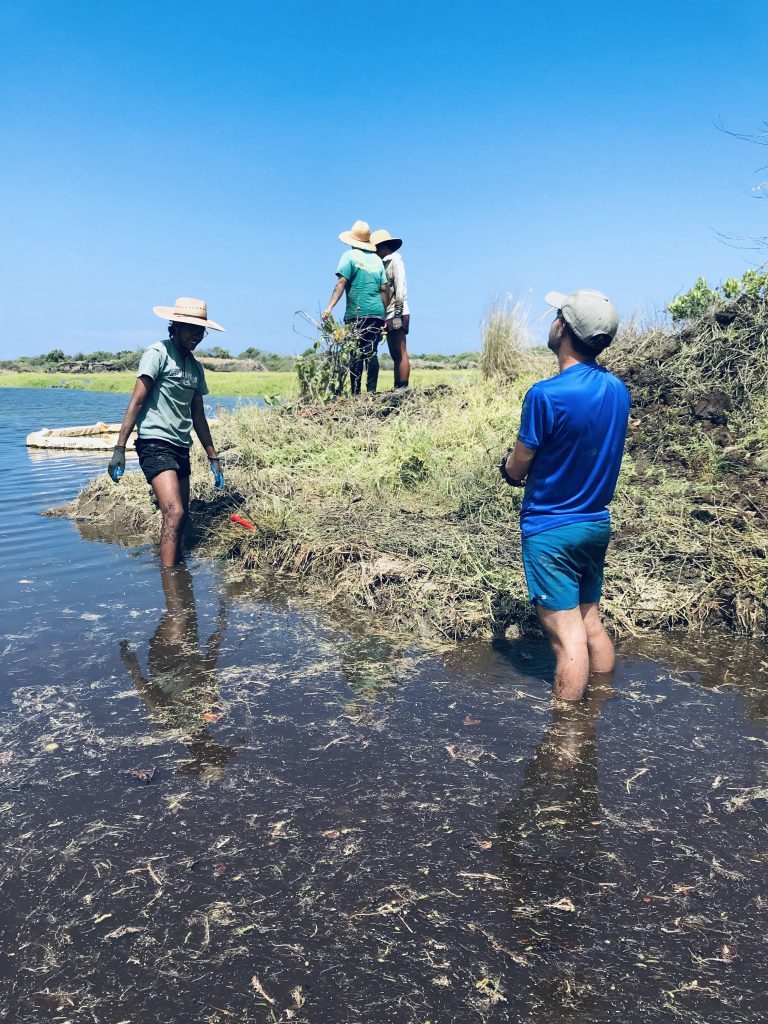

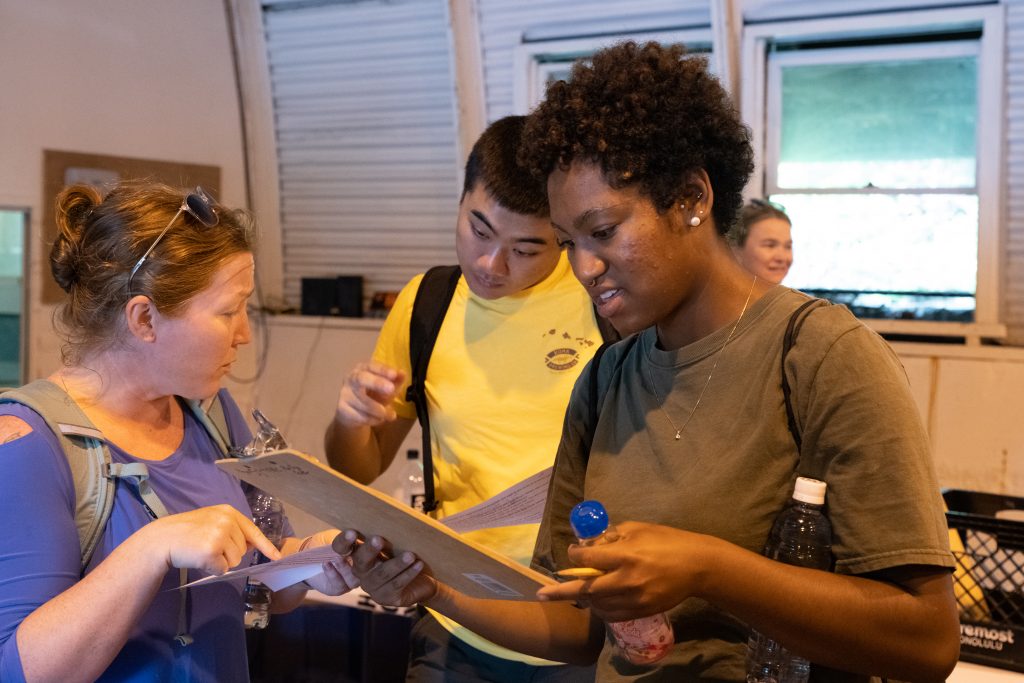
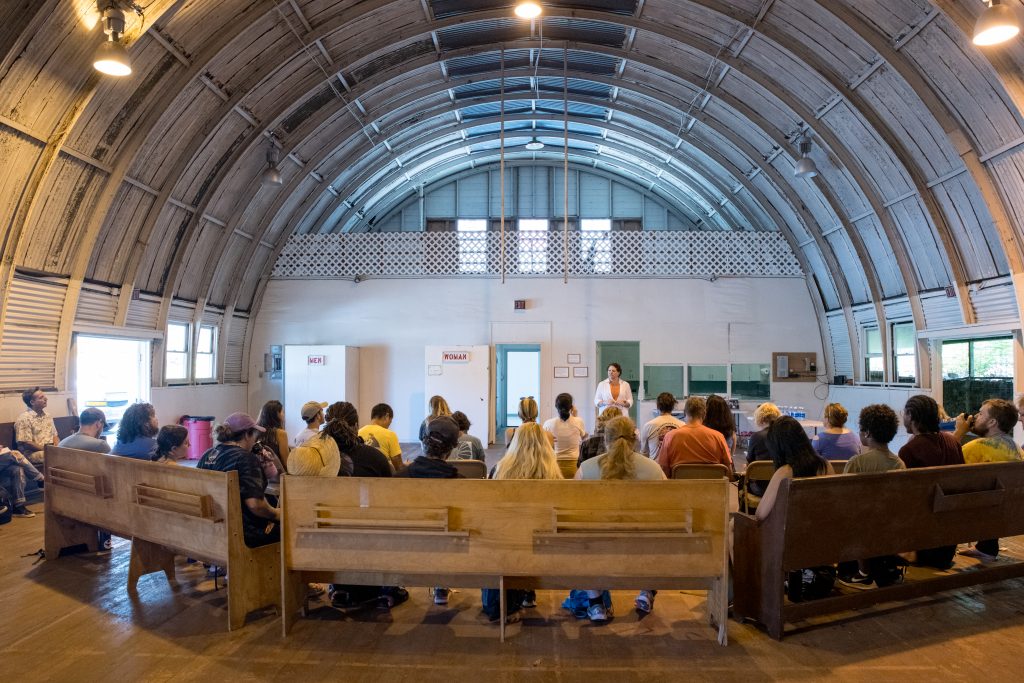
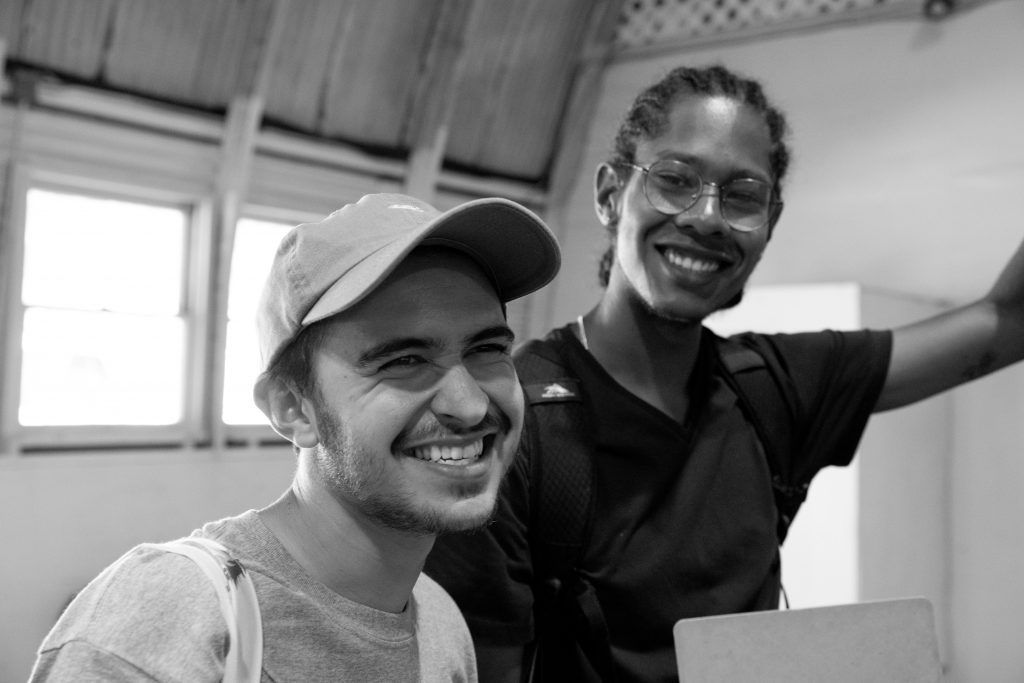
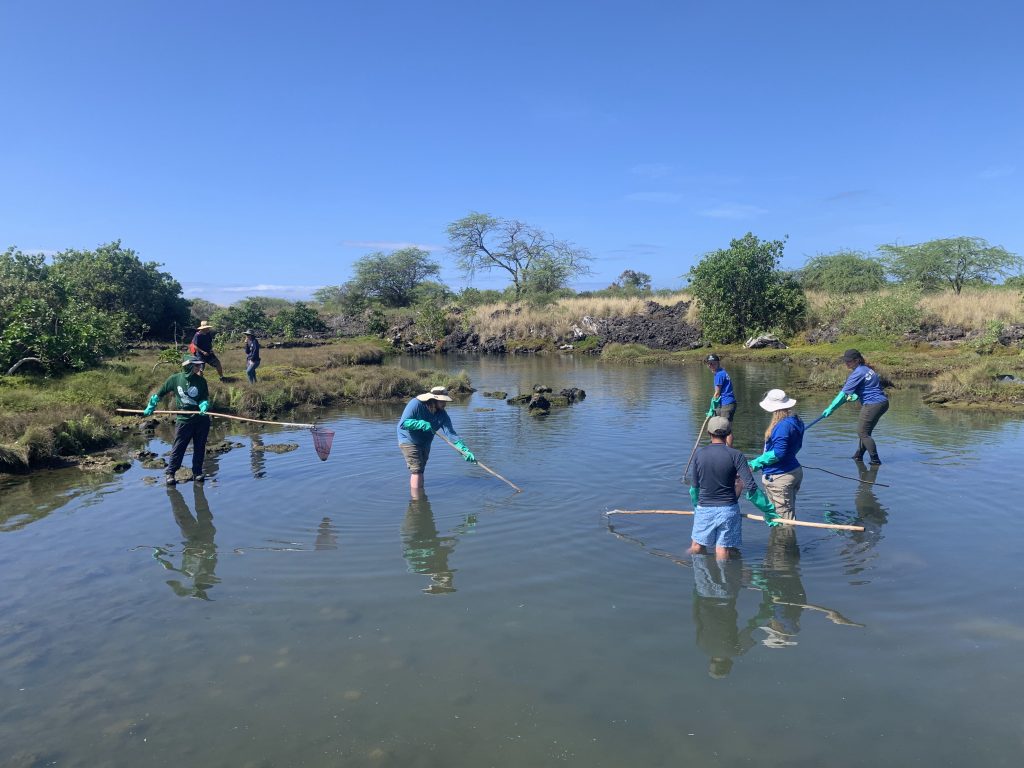
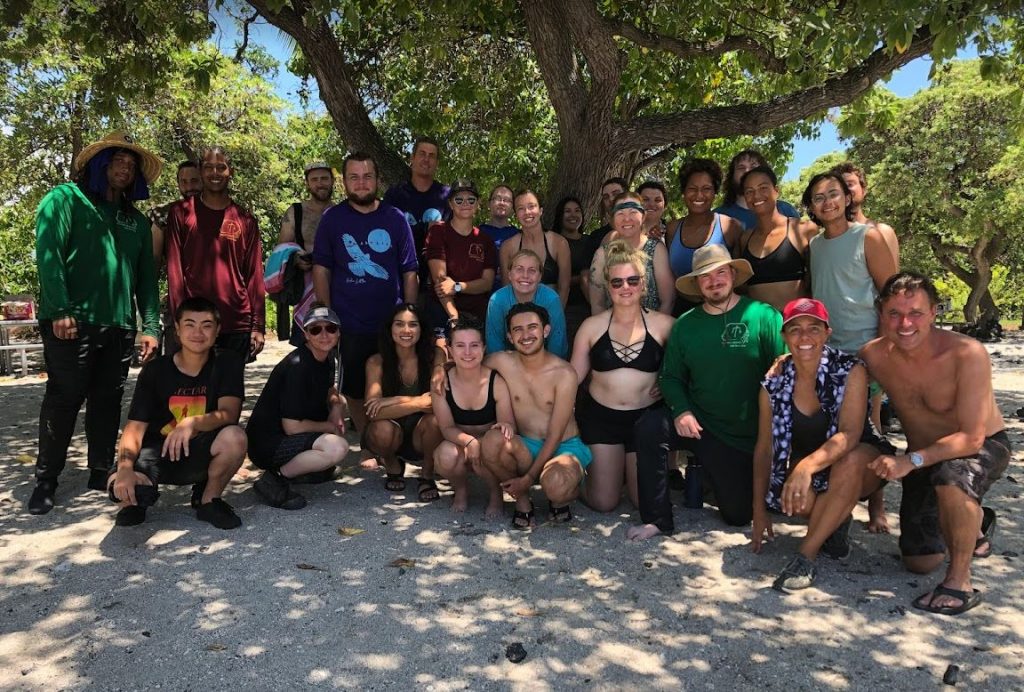
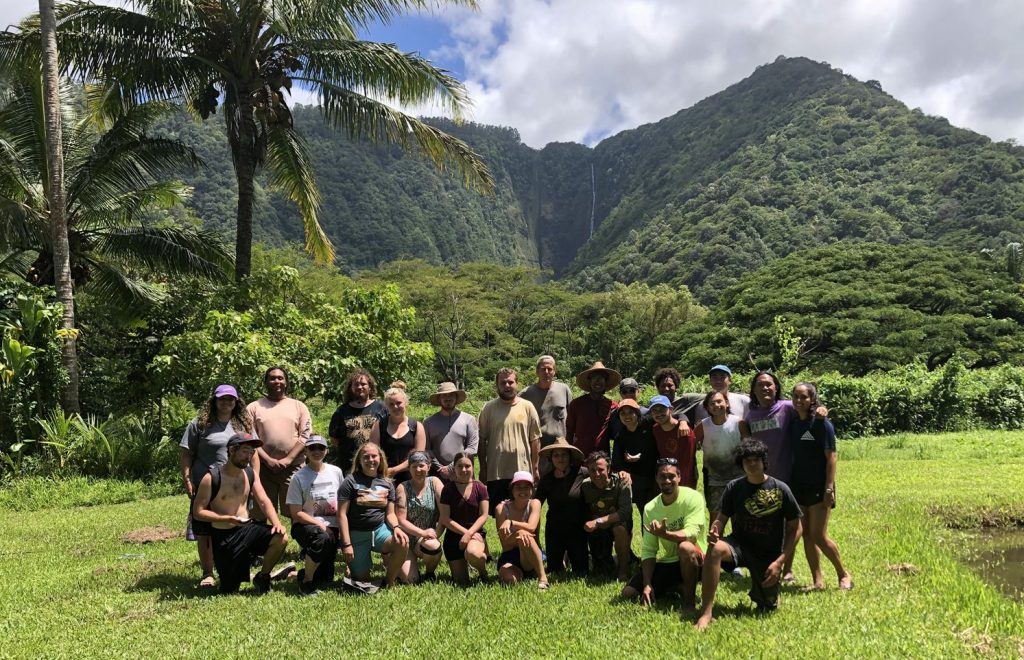
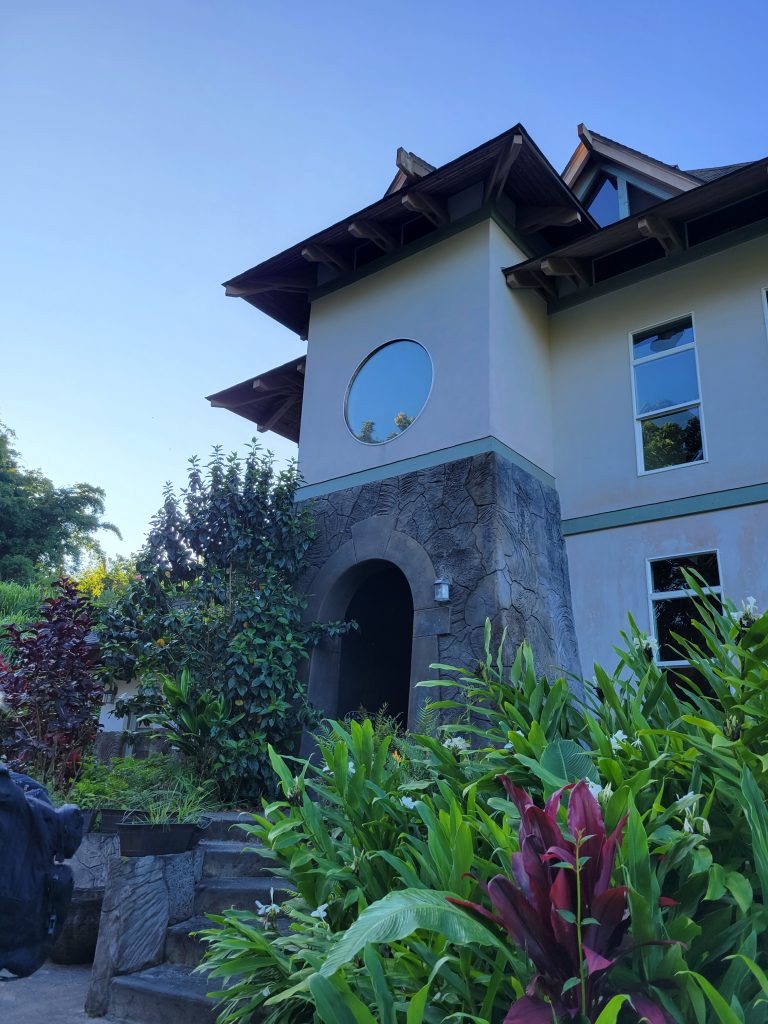
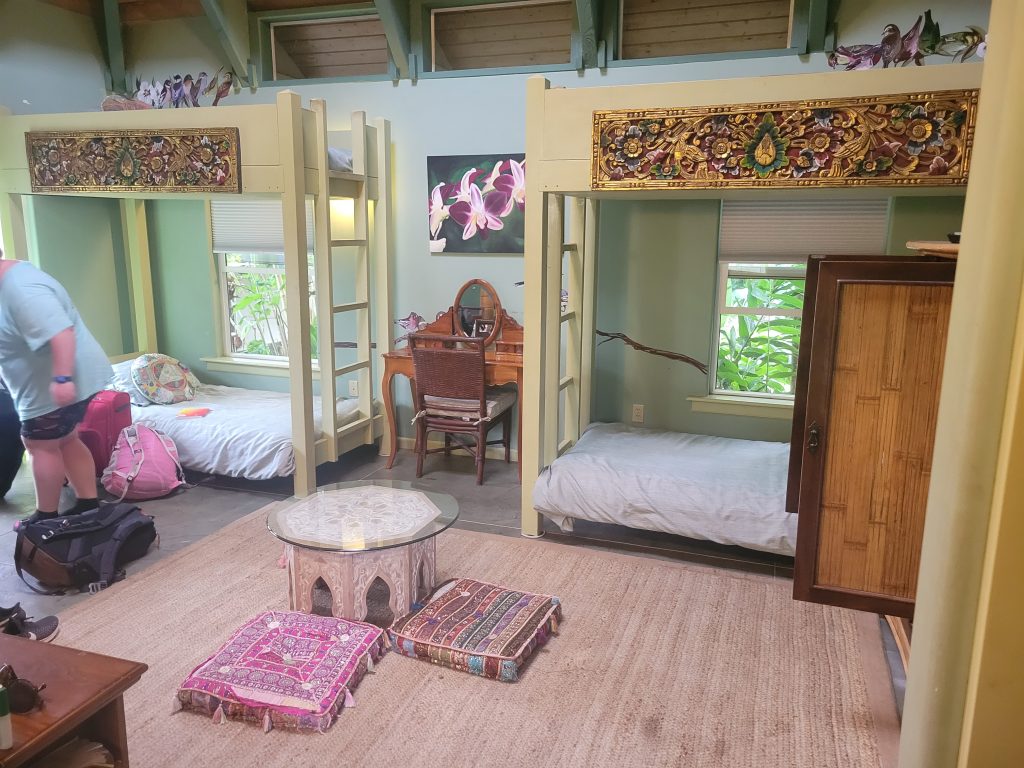
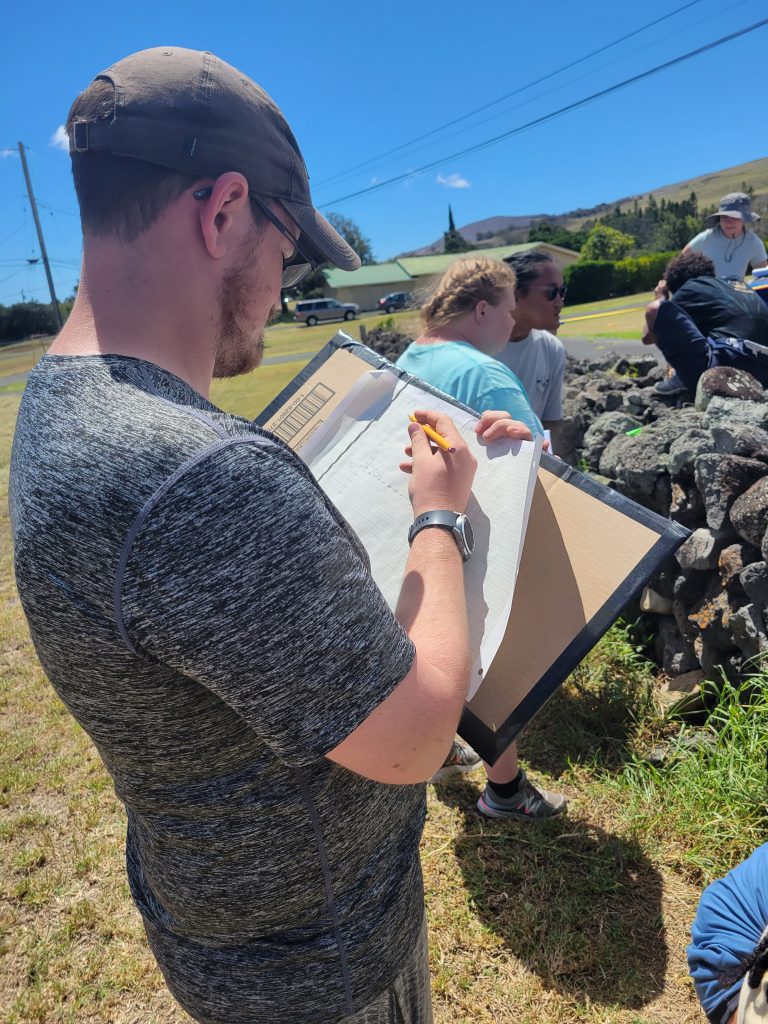
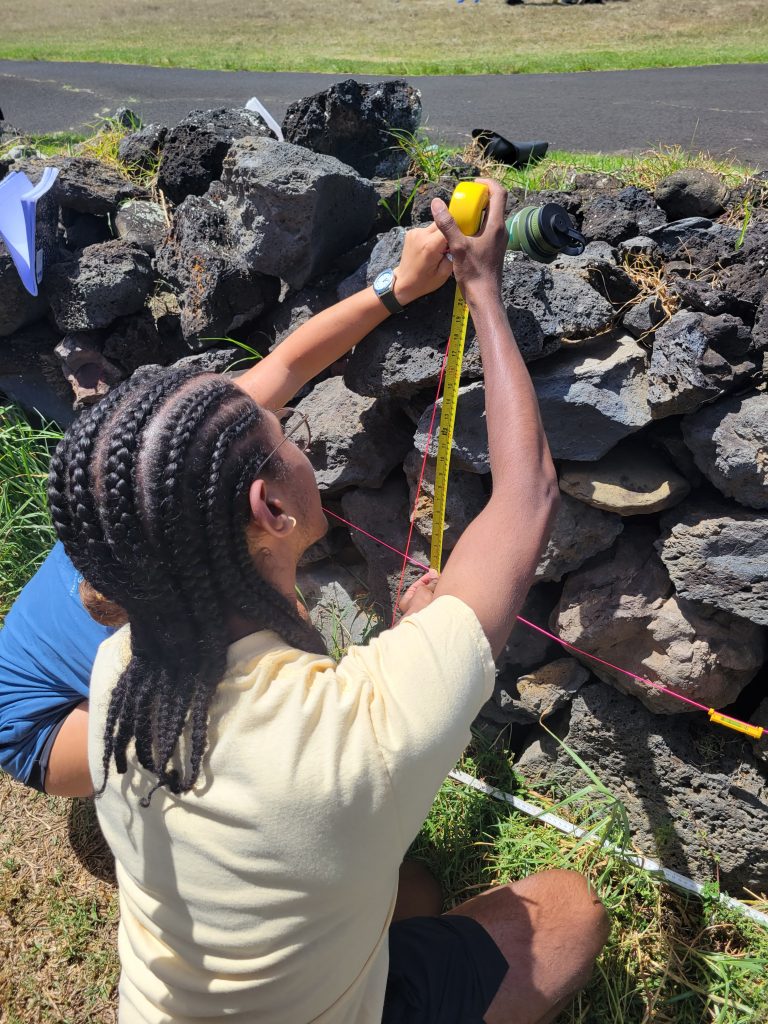
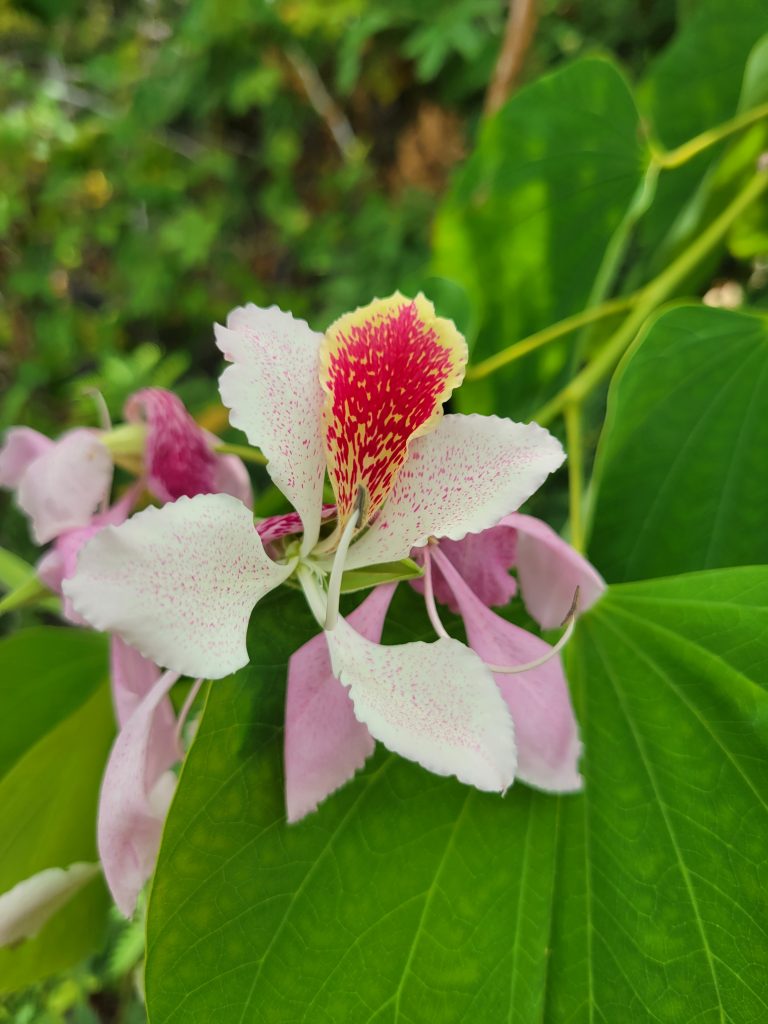
Location: 289C+3J Waimea, HI, USA
Season: August 1, 2024 to August 21, 2024
Session Dates: August 1, 2024 - August 21, 2024
Application Deadline: June 18, 2024
Deadline Type: Rolling
Website: https://foothill.edu/anthropology/field/hawaii.html
Discount for AIA members: none
Program Type:
Field School, Volunteer, Staff Position
RPA Certified:
No
Affiliation:
Foothill College and Stanford University
Project Director:
Michael Wilcox (Stanford University) and Samuel Connell (Foothill College)
Project Description:
Aloha and E Komo Mai to the Hawaii Indigenous Archaeology Field School. Our anthropology studies begin during the summer quarter. If you want more information contact either Sam or Mike at Foothill College or Stanford University. A more complete website can be found here. Preliminary application found here.
Come to Hawaii and experience a field school like none other. You will live on the Big Island for three weeks. You will be exposed to a new way of thinking mixing an applied anthropological and an archaeological field school. Join us on the ground for the second field season in Hawaii. This summer we are researching and learning at four places on Hawaii. Kaloko Fishpond on the Kona coast which is jointly administered by the National Park Service and native Hawaiian cultural groups; the Kohala field system on the western slopes of Kohala; Hamakua on the northern slopes of Mauna Kea volcano; and, hopefully, Waipio Valley helping farm kalo (taro).
This is a project that practices Community Based Participatory Research meaning that we ask people who live in Hawaii what they want us and you (the students) to do. If it’s helping clean, rebuild, and map a royal Hawaiian fishpond, then we do it; if it’s organizing an exhibit at the school, then we are working at the school; if it’s planting kalo (taro), then we are in the fields for the day. In other words, our field program is a fluid experience employing concepts of applied anthropology and service learning as we begin our research on this important landscape.
We are professors Mike Wilcox and Sam Connell, and we are just as excited as our students about this program. The idea here is to do research in a pono or Hawaiian way, meaning we will live and breathe local thinking as we learn about the life and history of these amazing islands. The team of people from whom you will learn is going to be growing over the next months, but let us start by introducing two of the main contributors, Ruth Luka Aluoa and No’eau Peralto, both of whom are expert cultural practitioners who have thought long and hard about the best way to teach about Hawaii and also study her history and people. We are so excited to be working with them and bringing you along for the ride.
What does this all mean for you the student? Well you get over 60 years of field experience working on field projects with over 500 students in Ecuador, Belize, Ireland, California, New Mexico and Hawaii. The aloha spirit is truly special and we can’t wait for you to become a part of it. Come to the islands, earn credits, and begin helping us study the culture and society of Hawaii over time.
Students will live 10 days or so in each of two locales, Waimea and Holualoa. We think it is important to base in a community and meet the people as we begin to understand the local life. We are taking as a model what we have been doing in Ireland and Ecuador, so check the links for past examples.
Period(s) of Occupation: PreContact, Postcontact Hawaiian periods including historic and modern.
Notes:
Course credits transfer to all major universities, including UCs and CSUs. All experience levels welcome, including undergrads, grad students, and people who simply want to be in Hawaii.
Project Size: 1-24 participants
Minimum Length of Stay for Volunteers: 3.0 weeks
Minimum Age: 18
Experience Required: None
Room and Board Arrangements:
Students stay in group lodging situations at an old plantation homestead in Waimea on the property of Hawaii Prepatory Academy and in Holualoa at Mauna Lea Manor a retreat center at elevation above Kona in coffee country. Food and transport is taken care of once you are in Hawaii. If you have any questions do not hesitate to email us!
Academic Credit:
You are required to enroll in these courses for total 5 units for the 3 weeks. You will be able to enroll in these courses at the end of May or early June through Foothill College. Head over to Foothill Anthropology website for much more info.
ANTH 12 Applied Anthropology (4 units)
ANTH 57 Applied Archaeology Field Methods (1 unit)
Dr. Samuel Connell
Foothill College, Department of Anthropology, 12345 El Monte Road
Los Altos Hills
CA
94022
USA
Phone: 650 949 7197
The AIA is North America's largest and oldest nonprofit organization dedicated to archaeology. The Institute advances awareness, education, fieldwork, preservation, publication, and research of archaeological sites and cultural heritage throughout the world. Your contribution makes a difference.